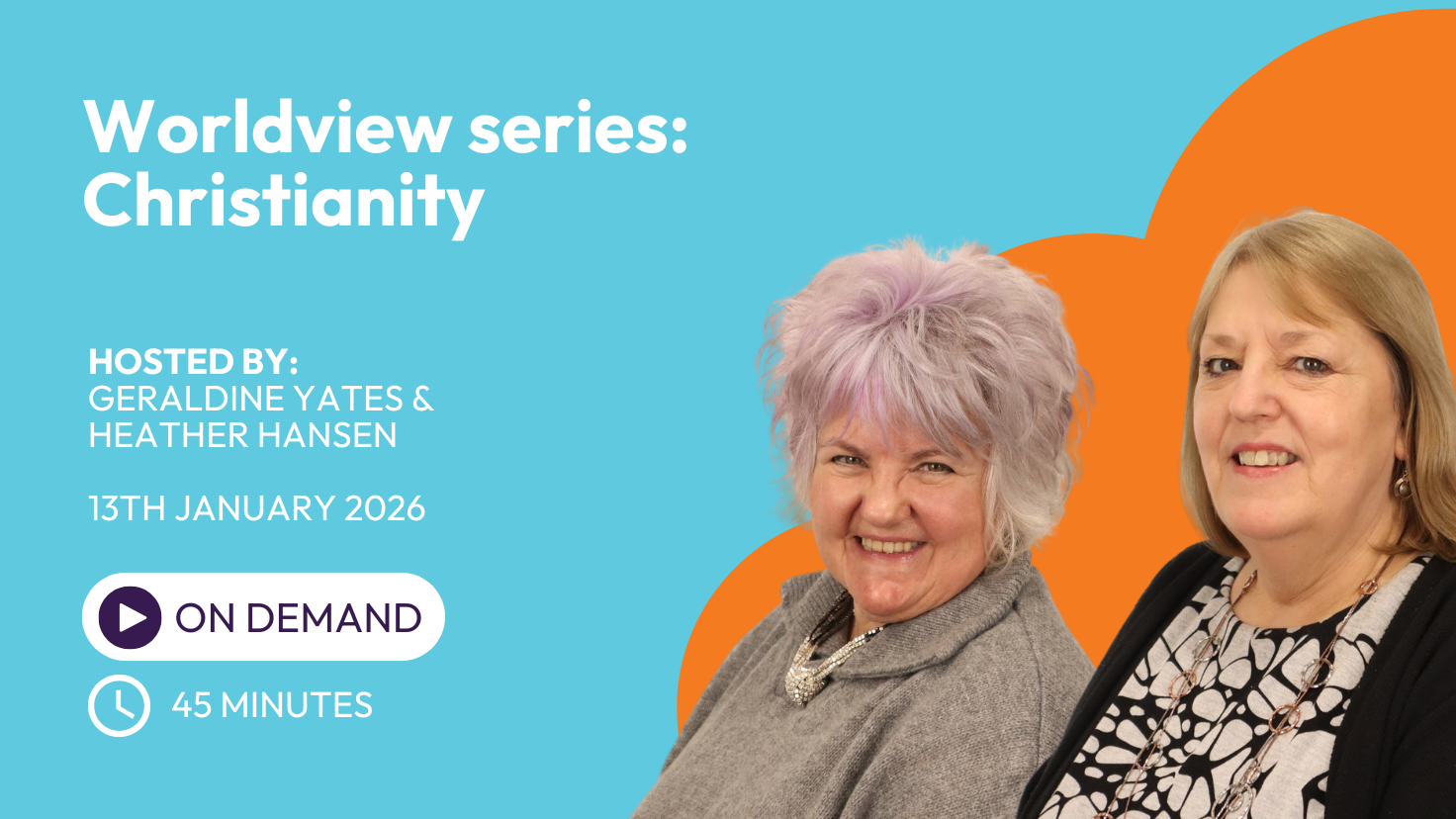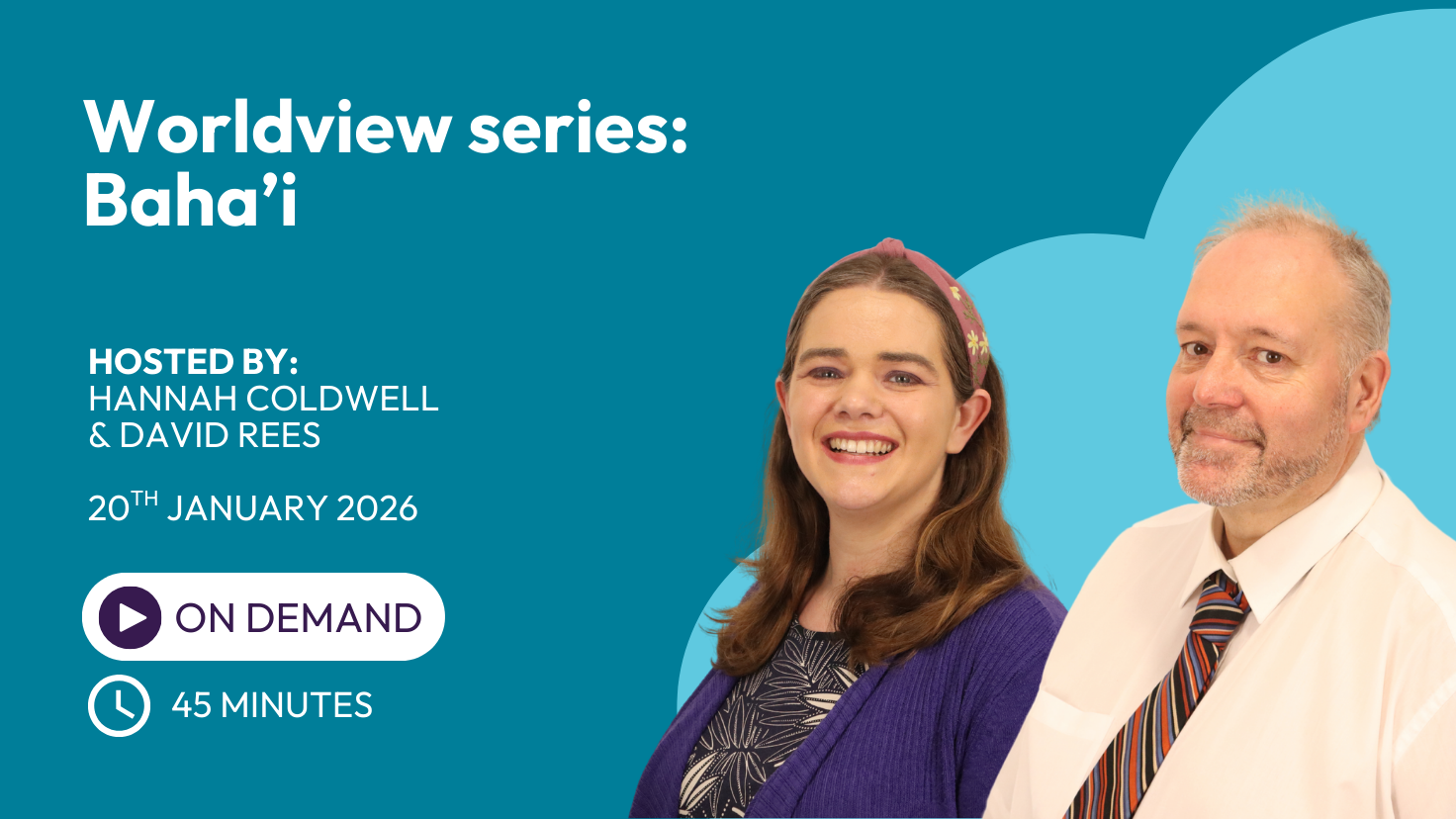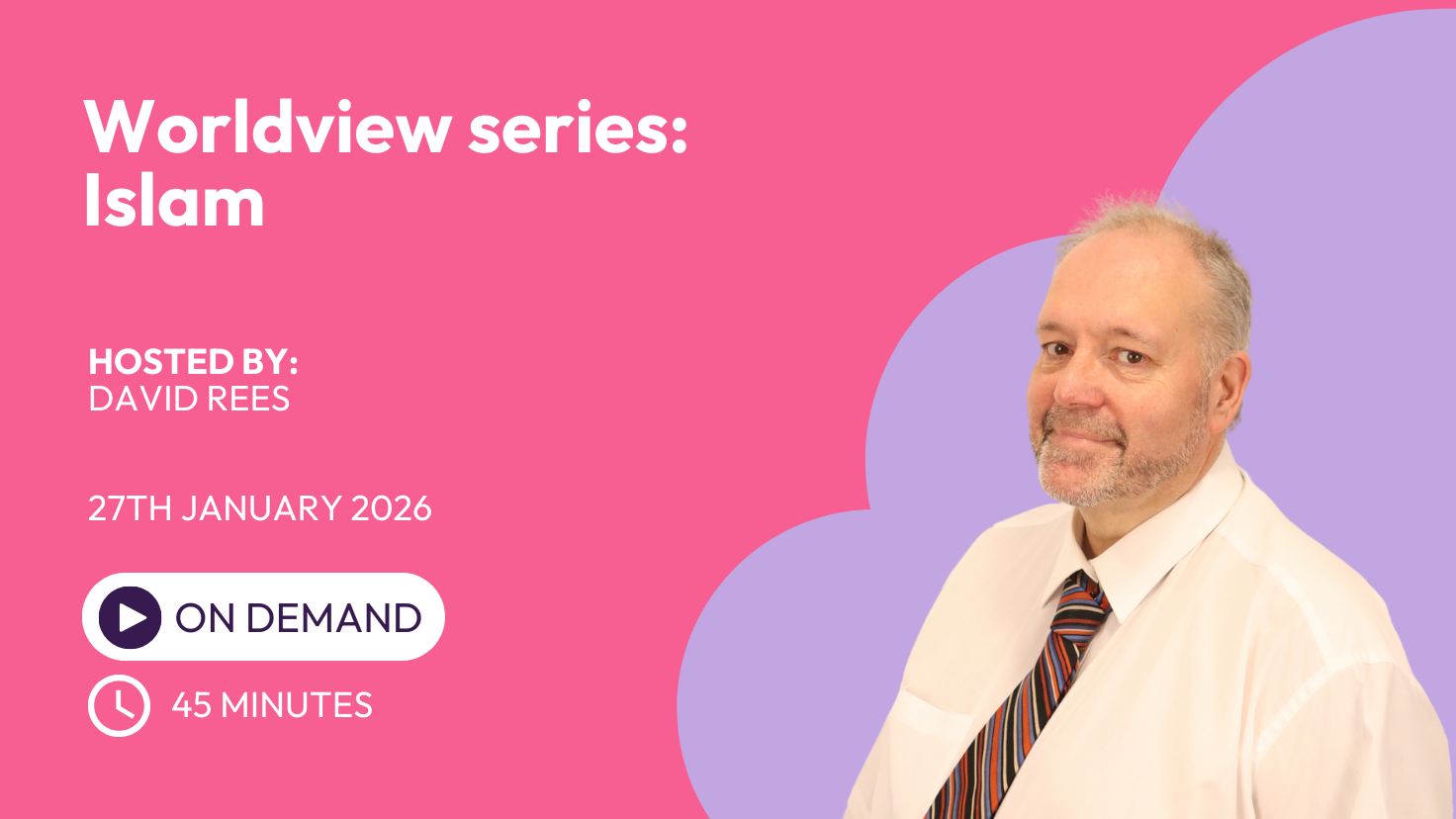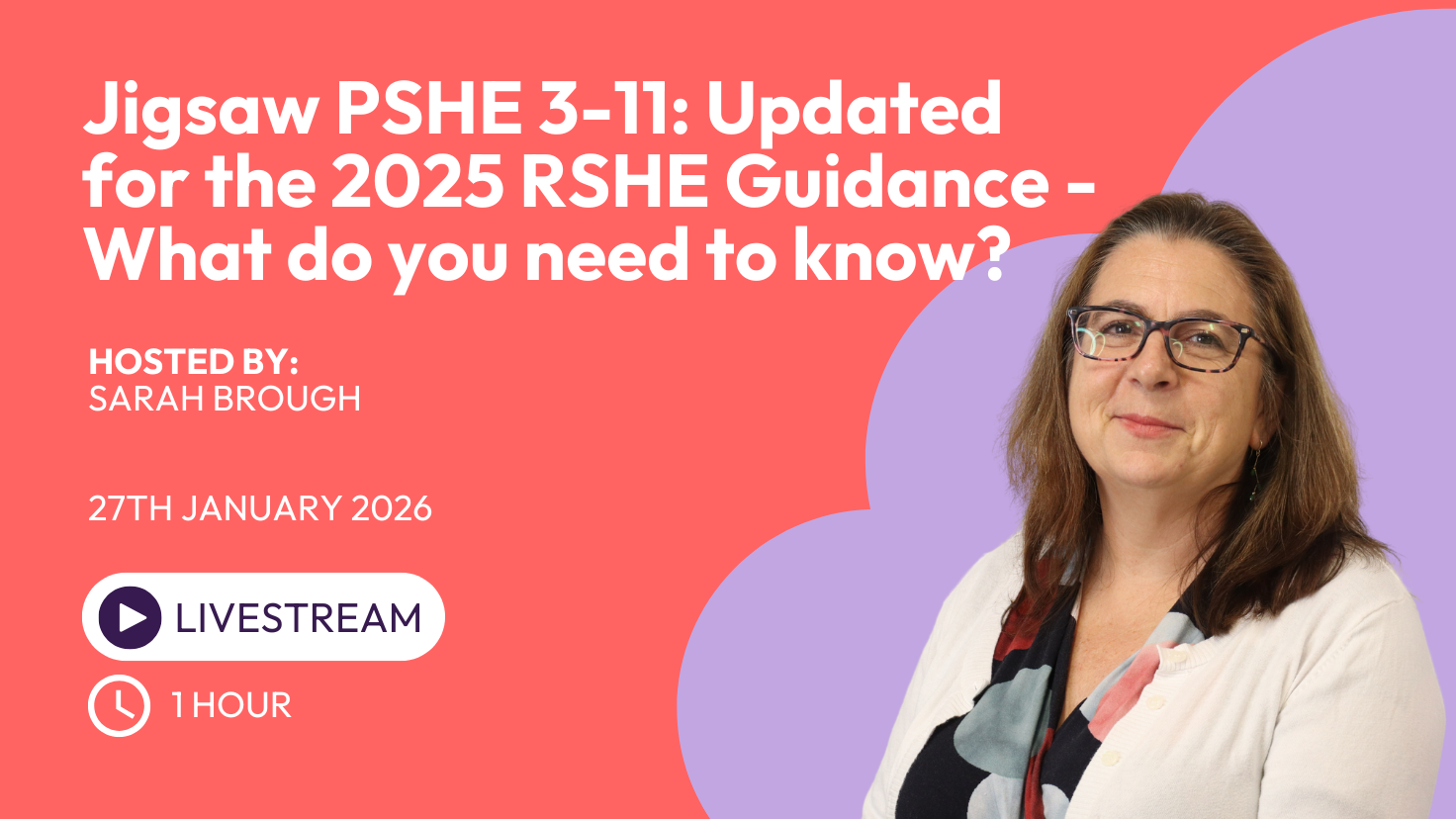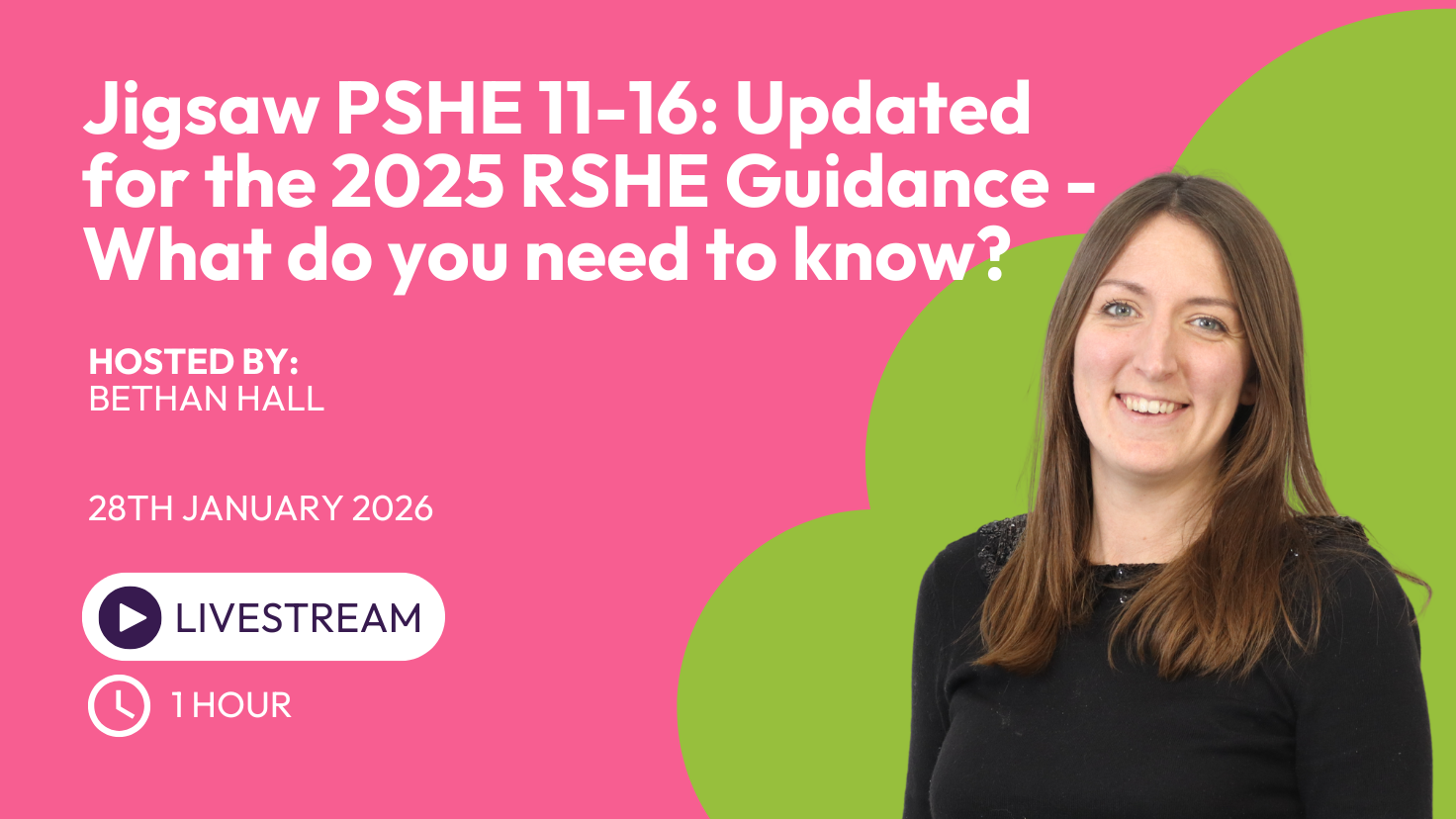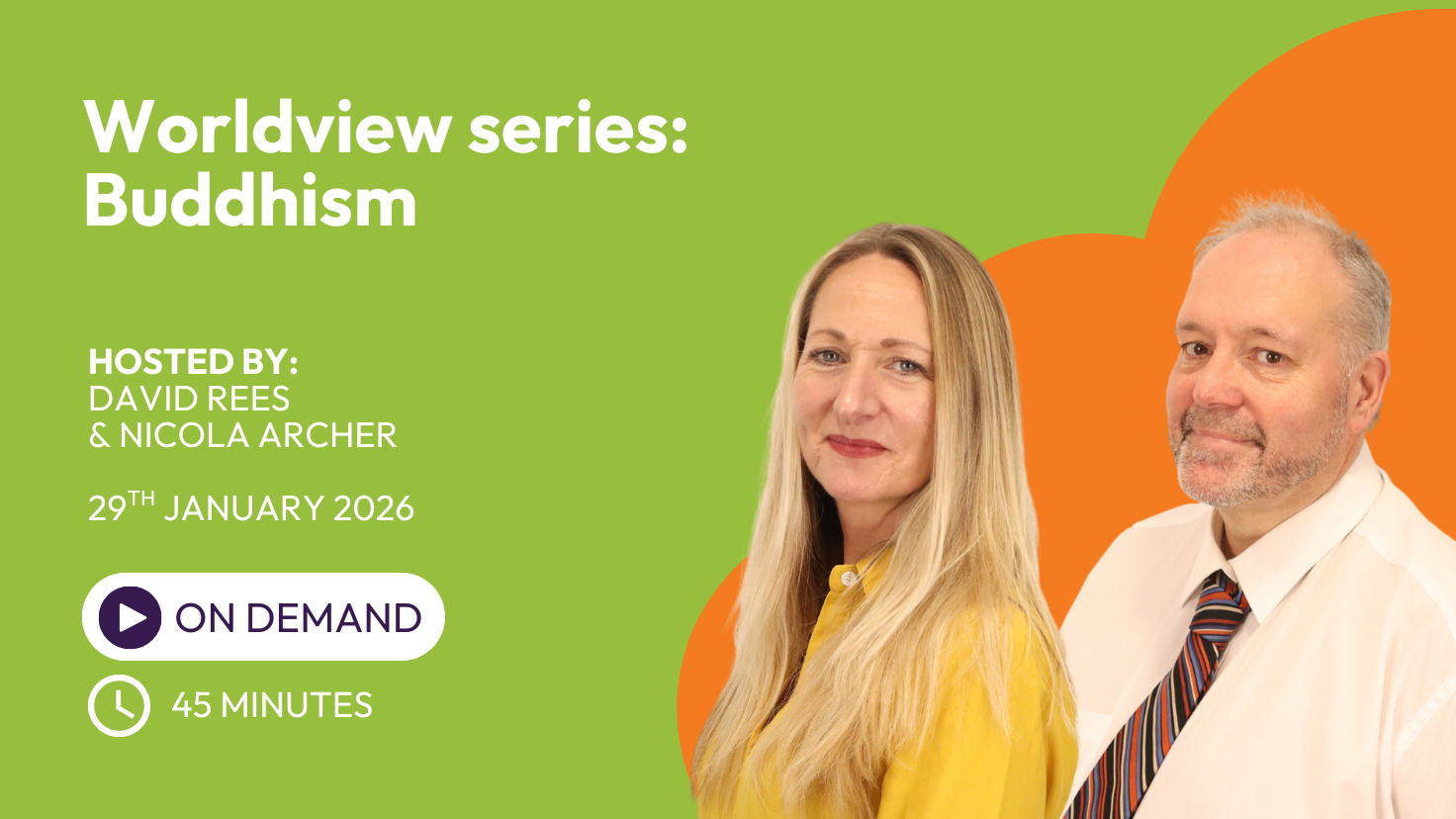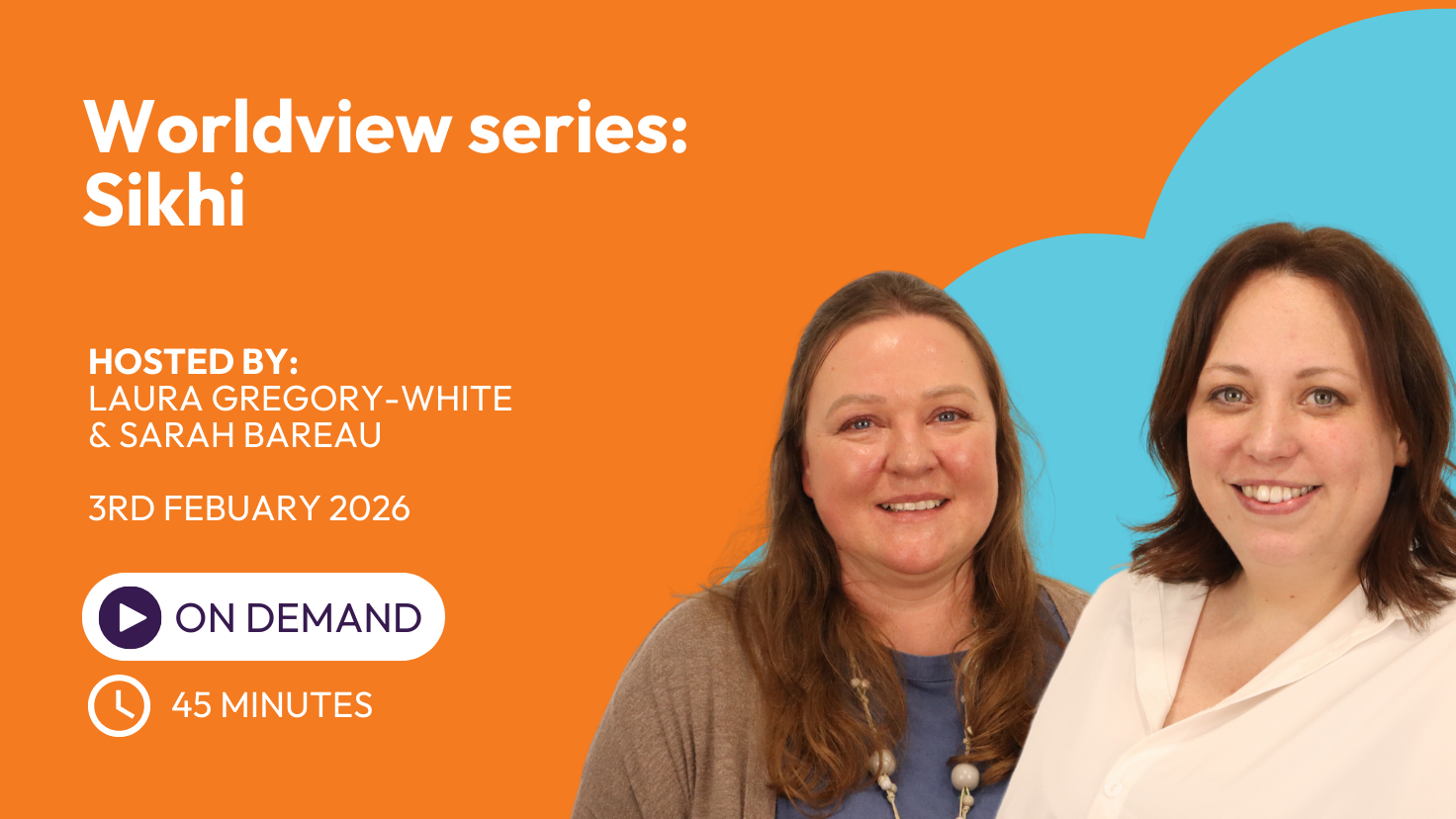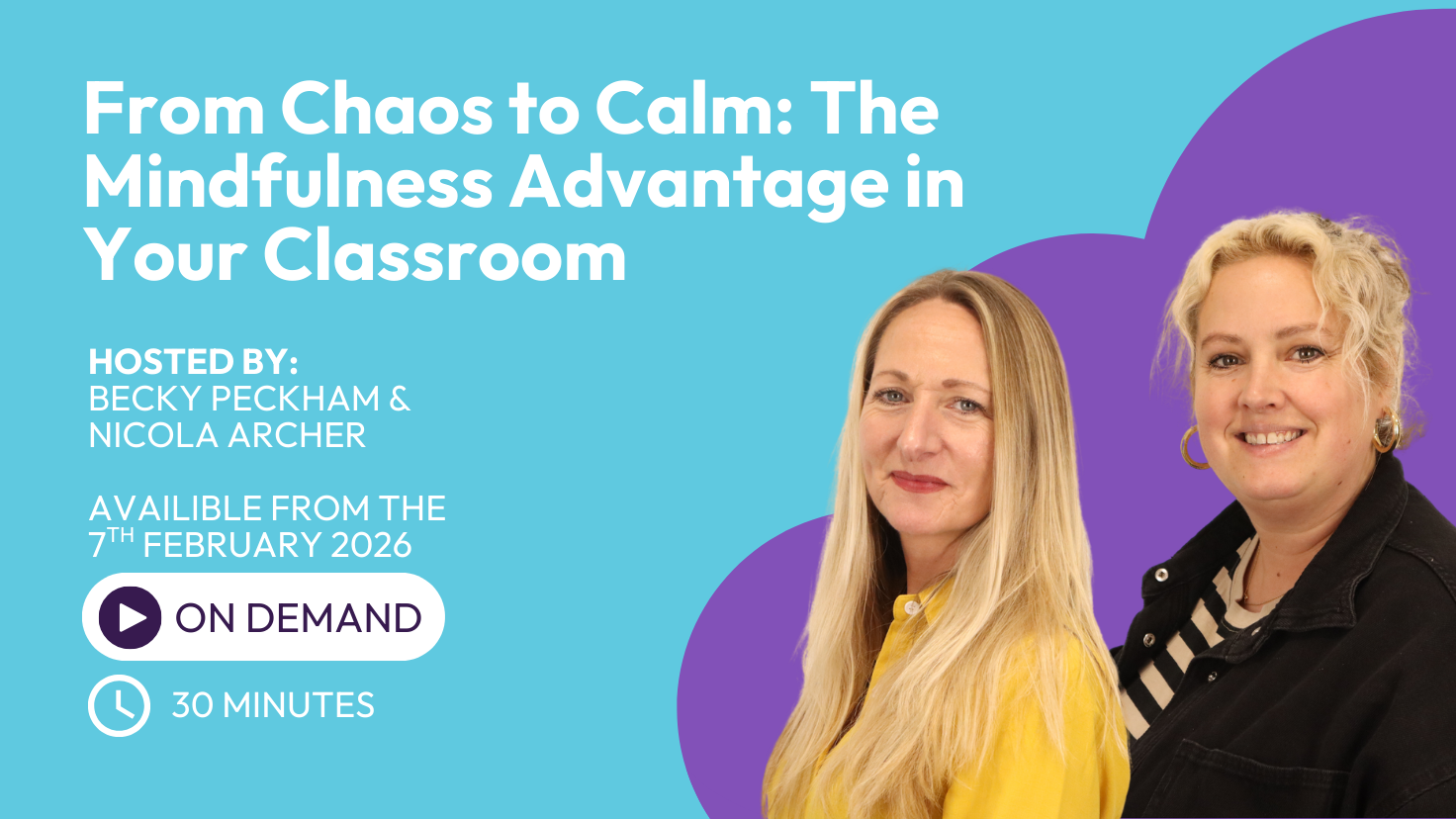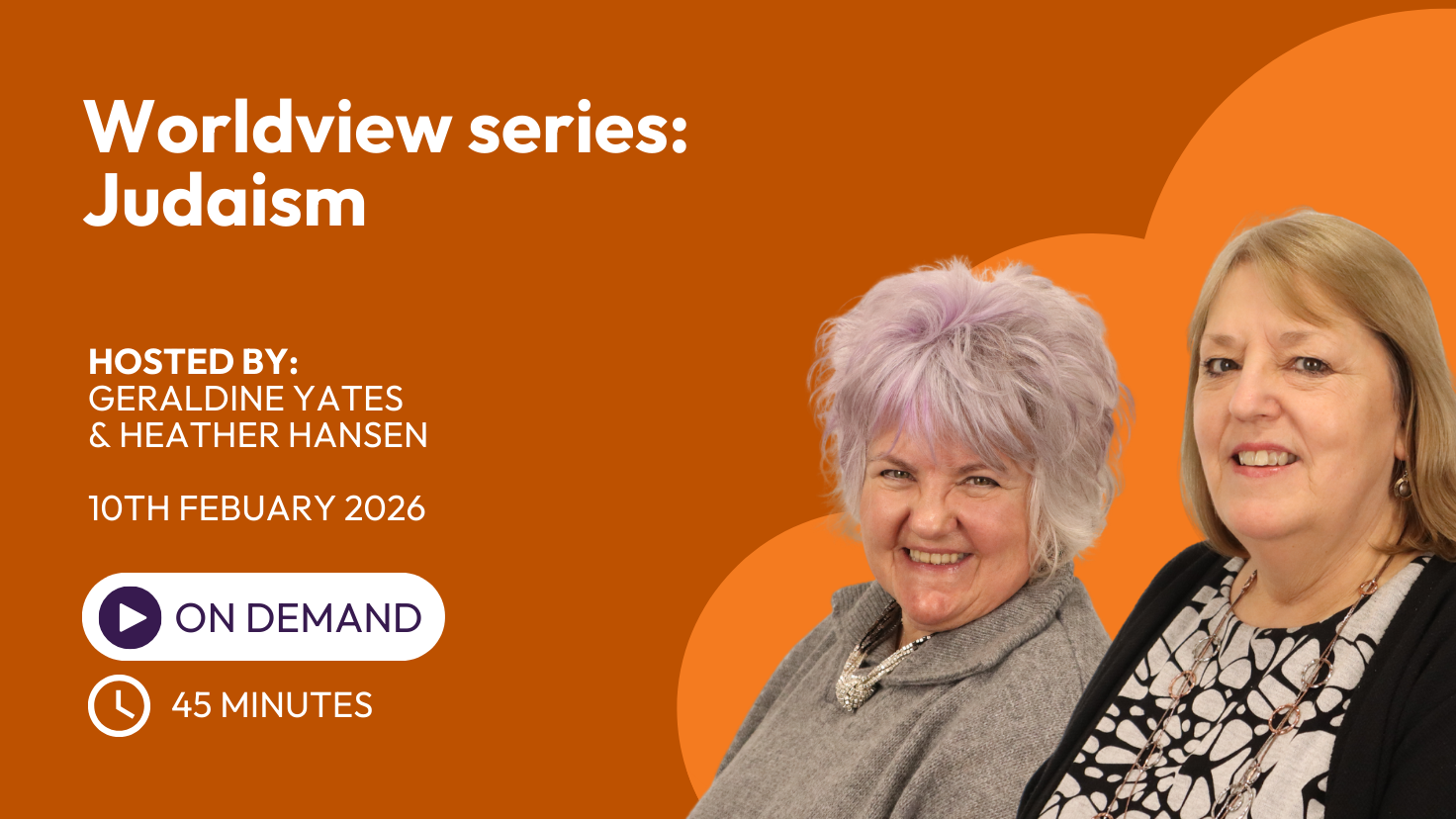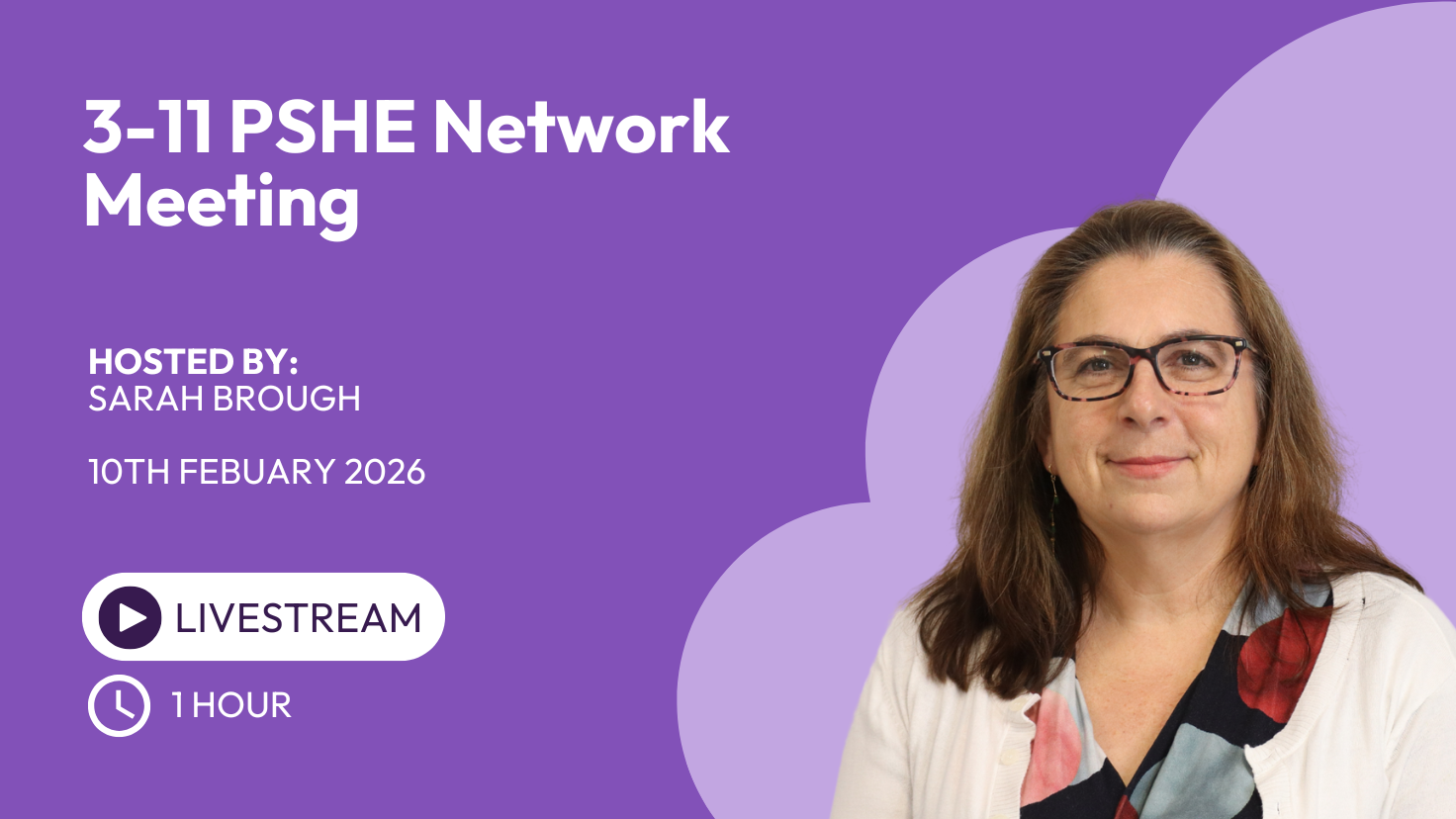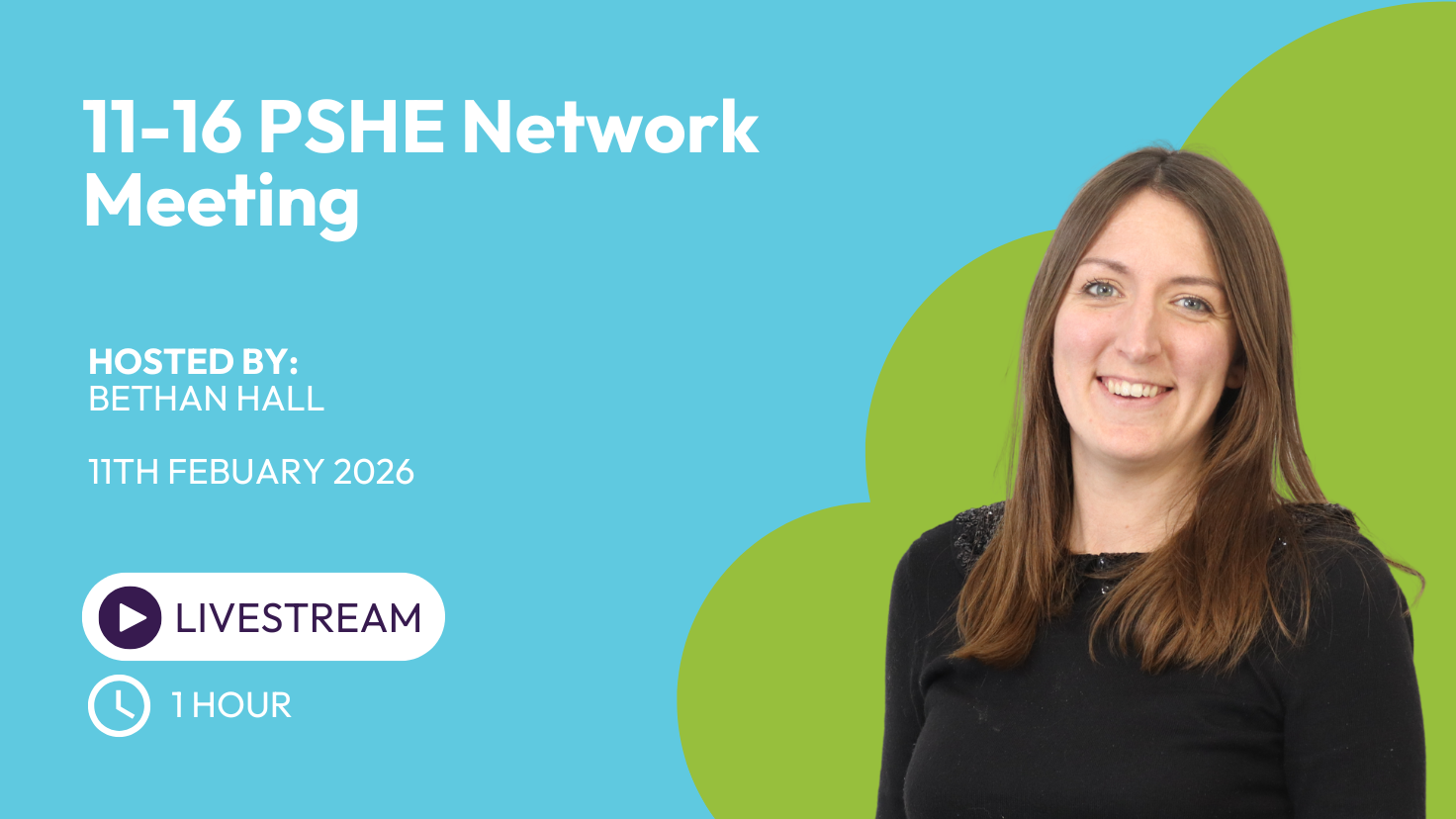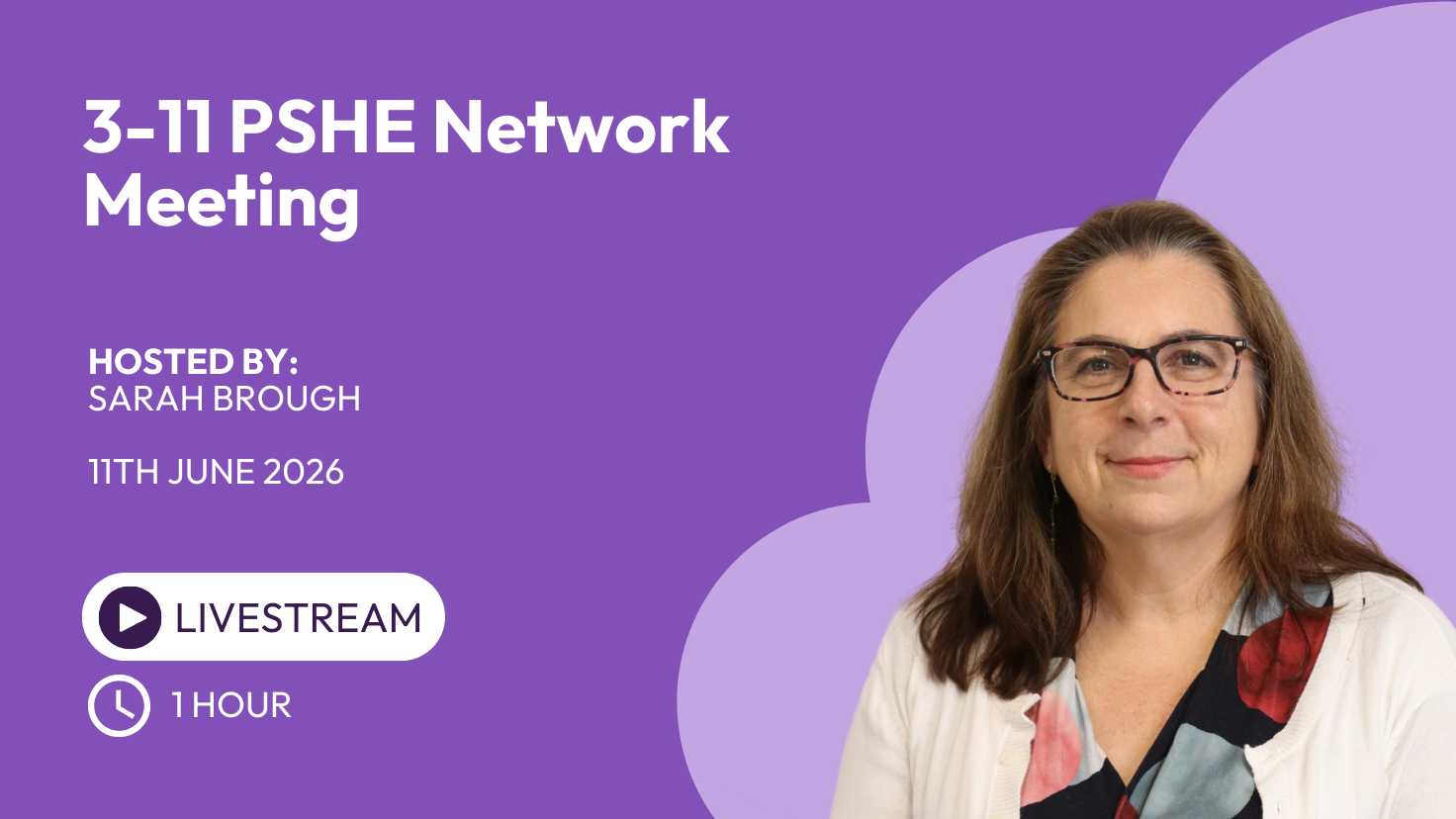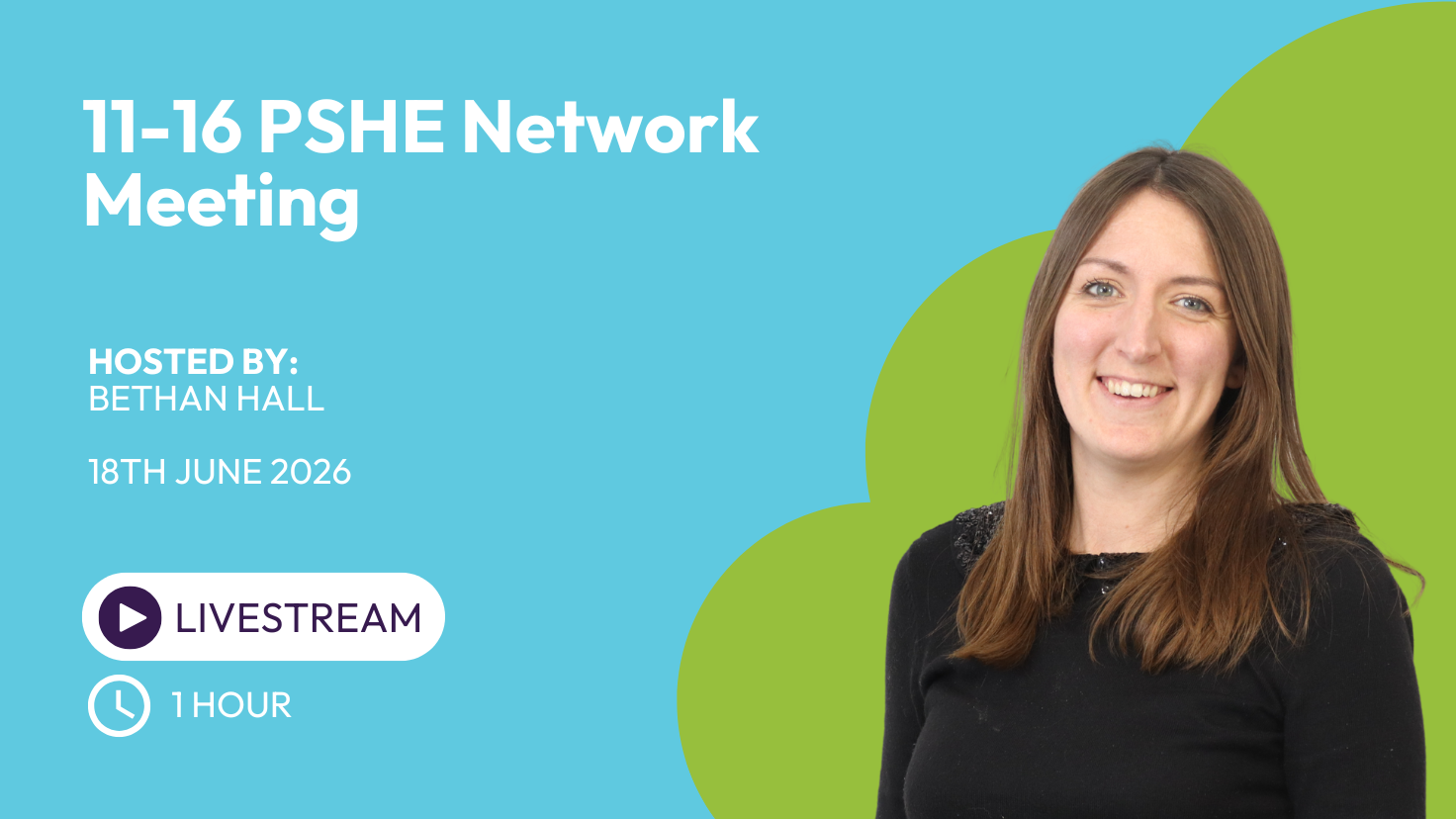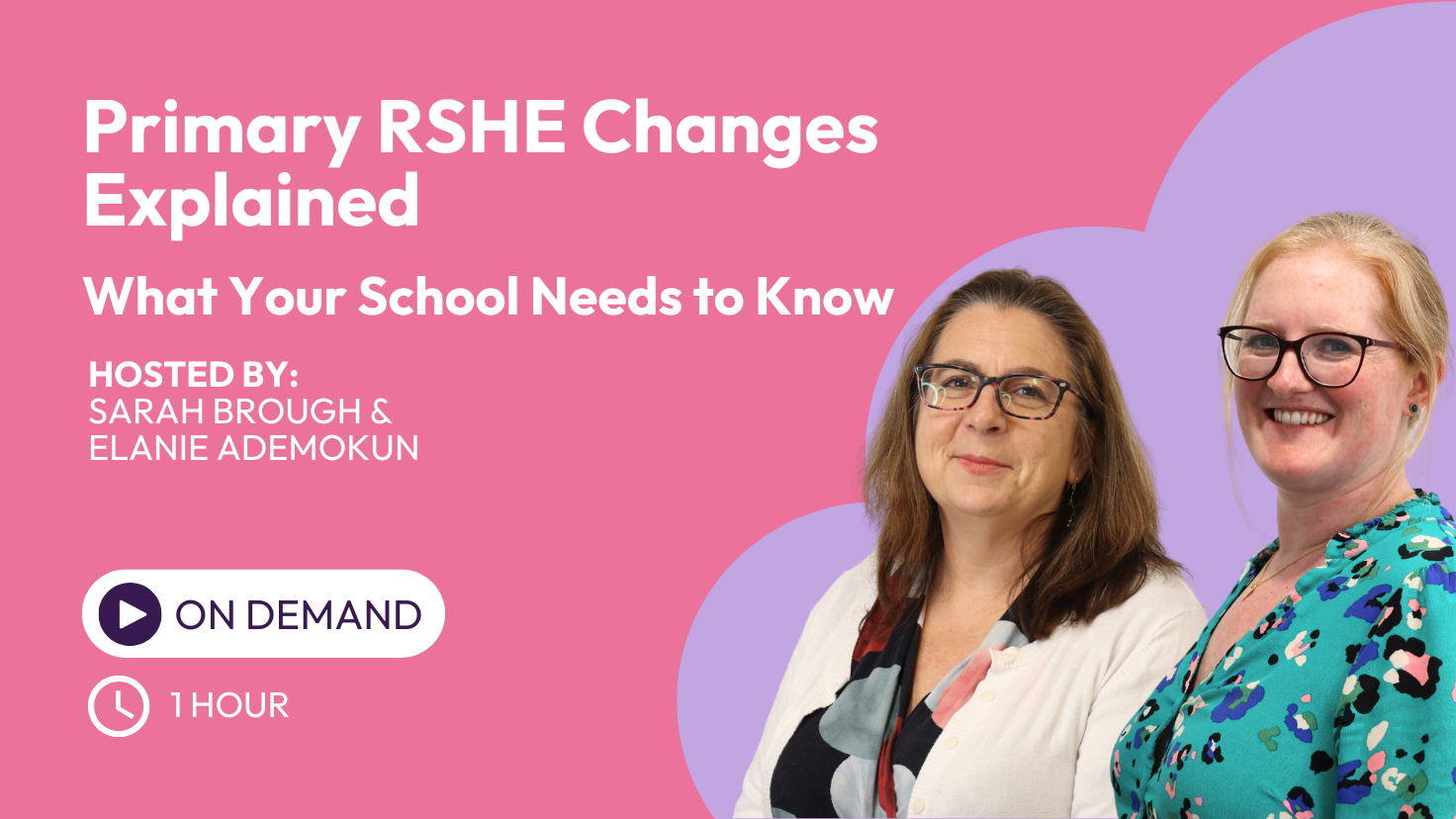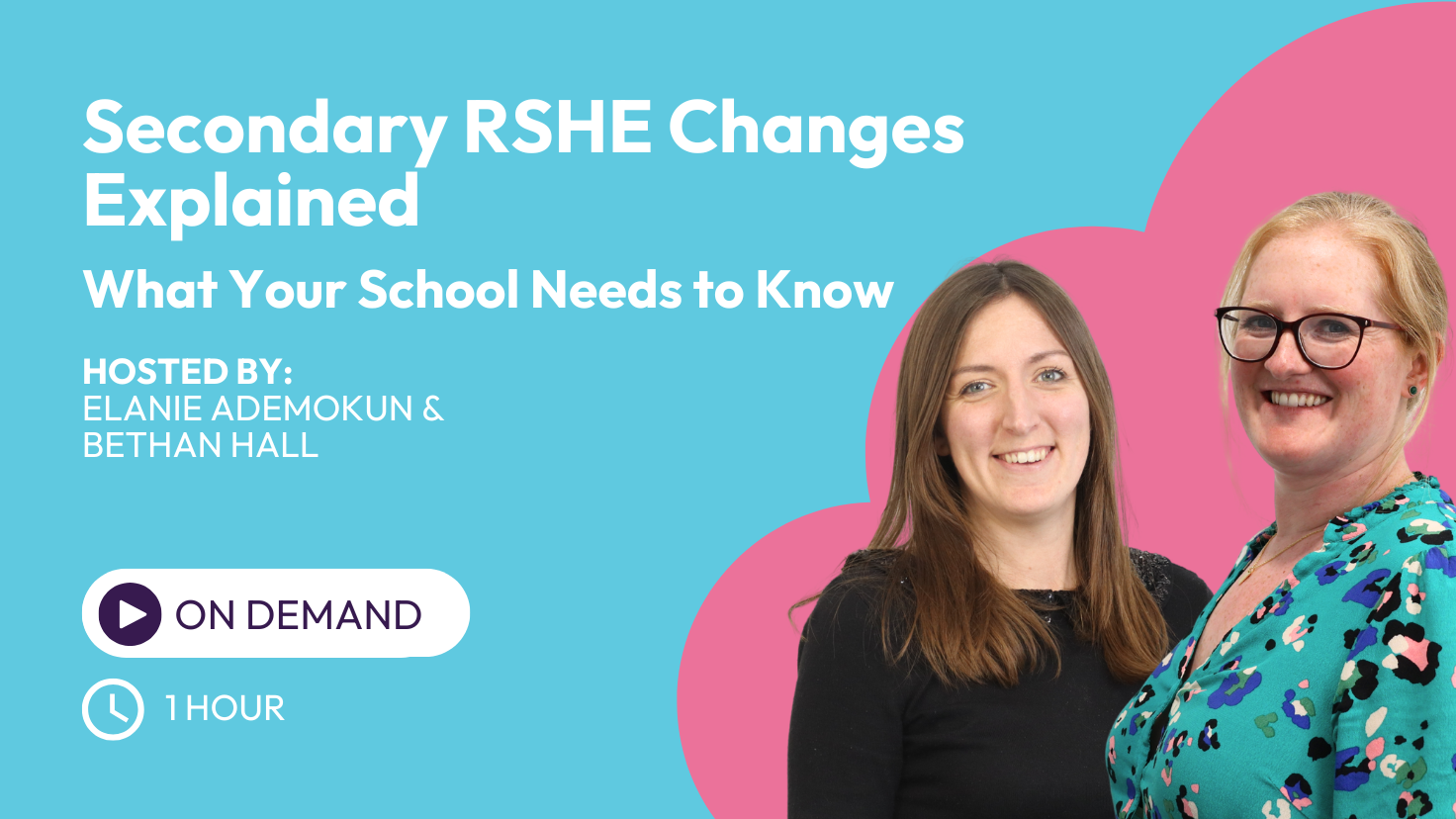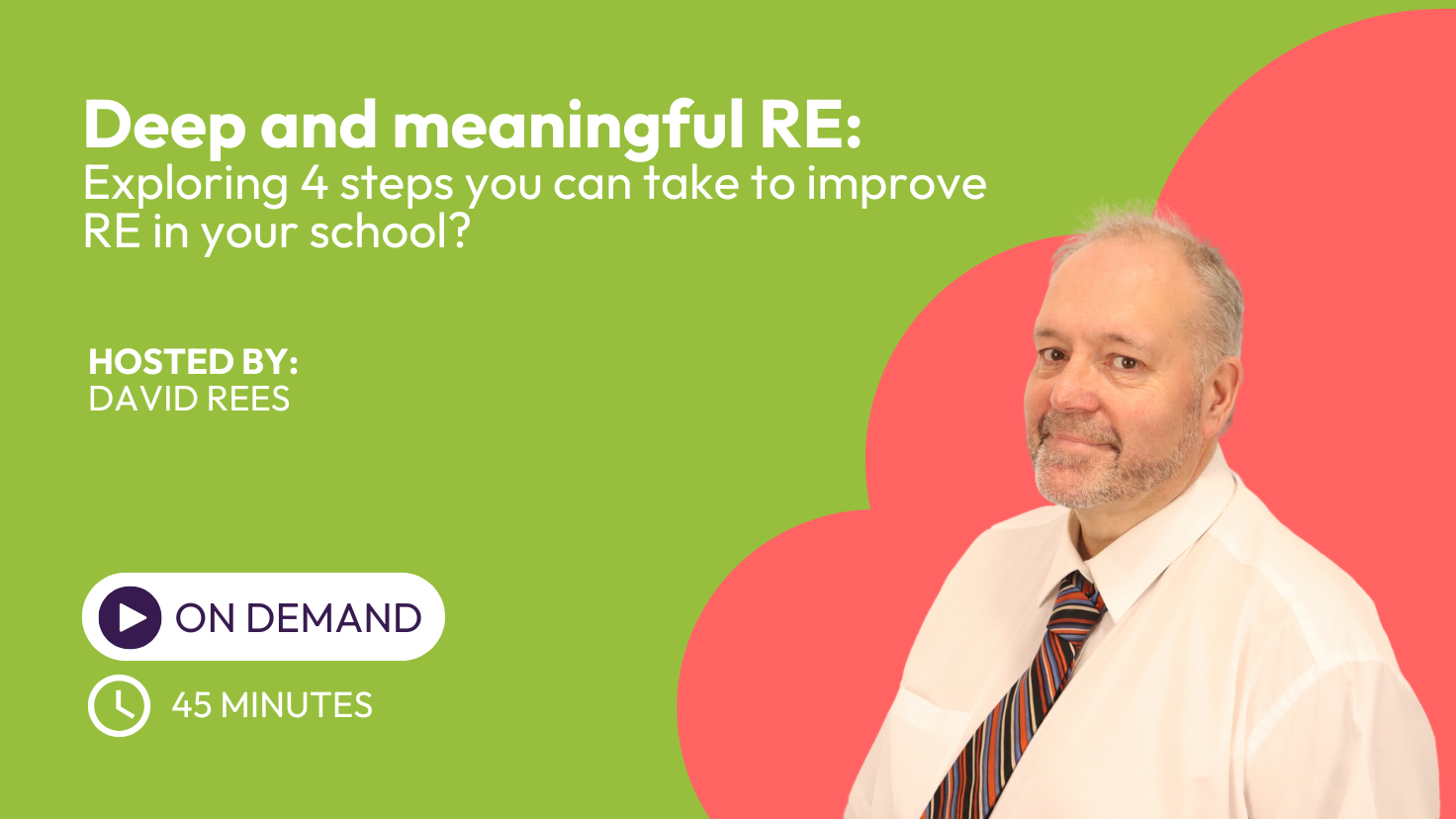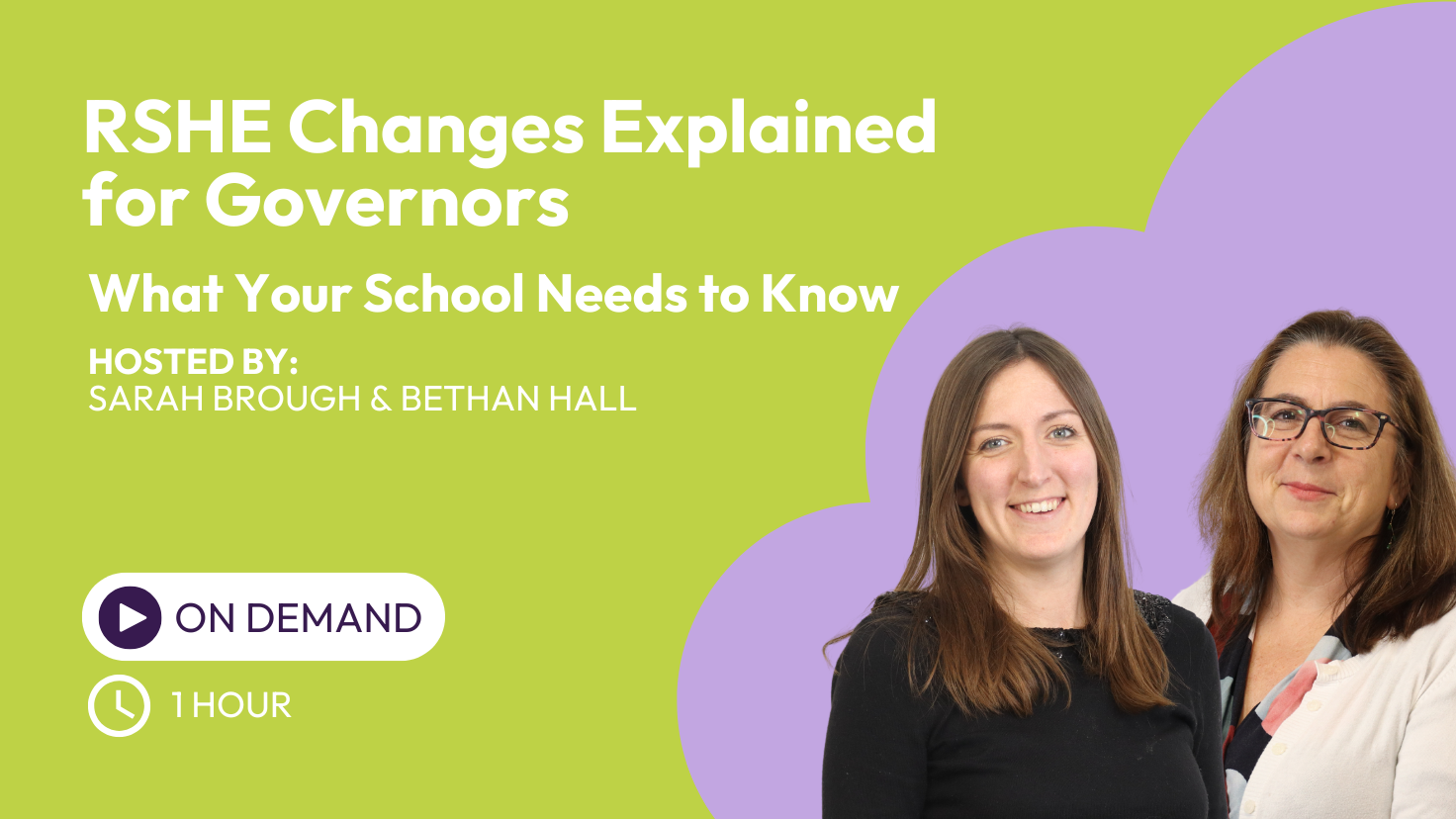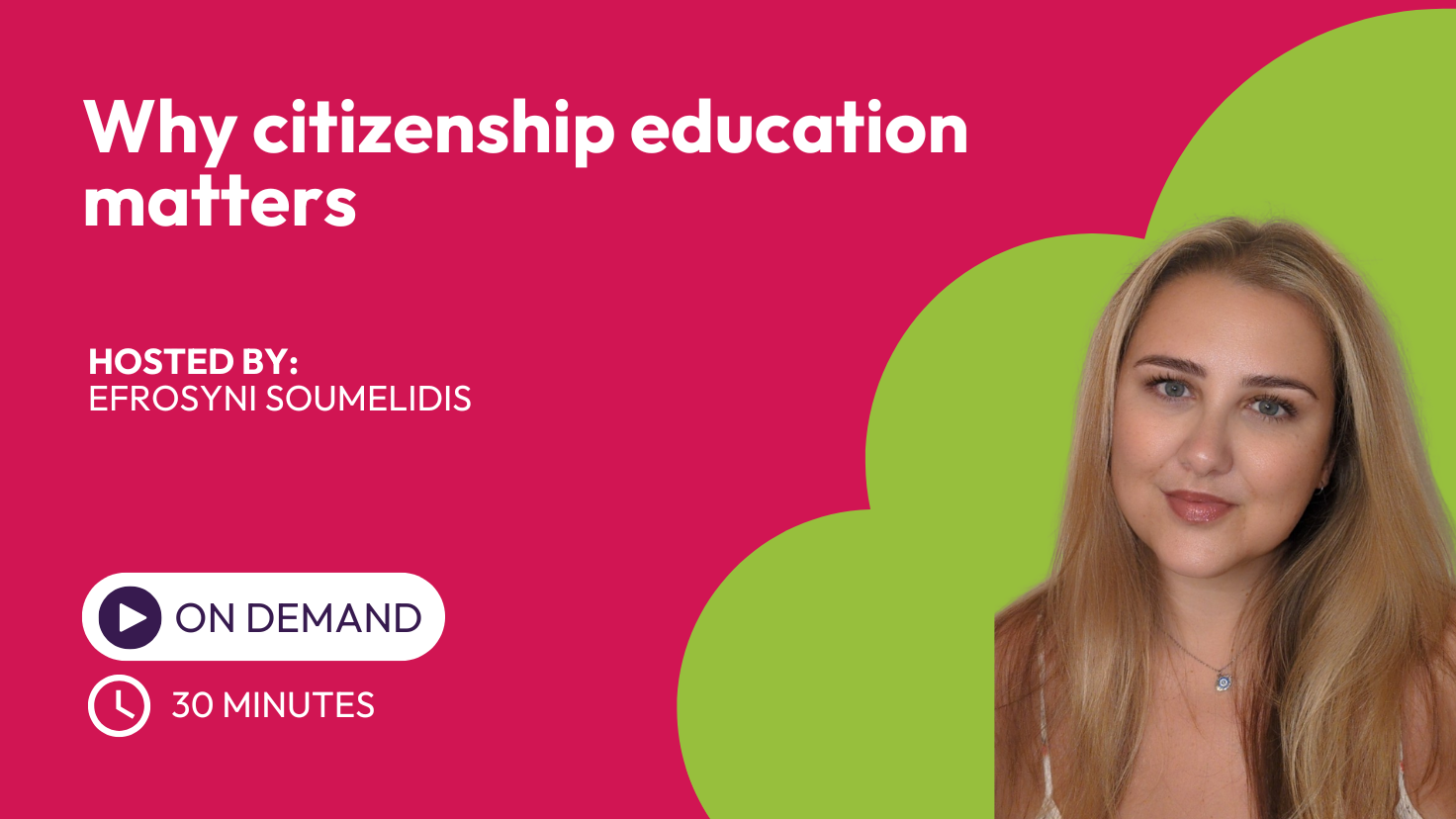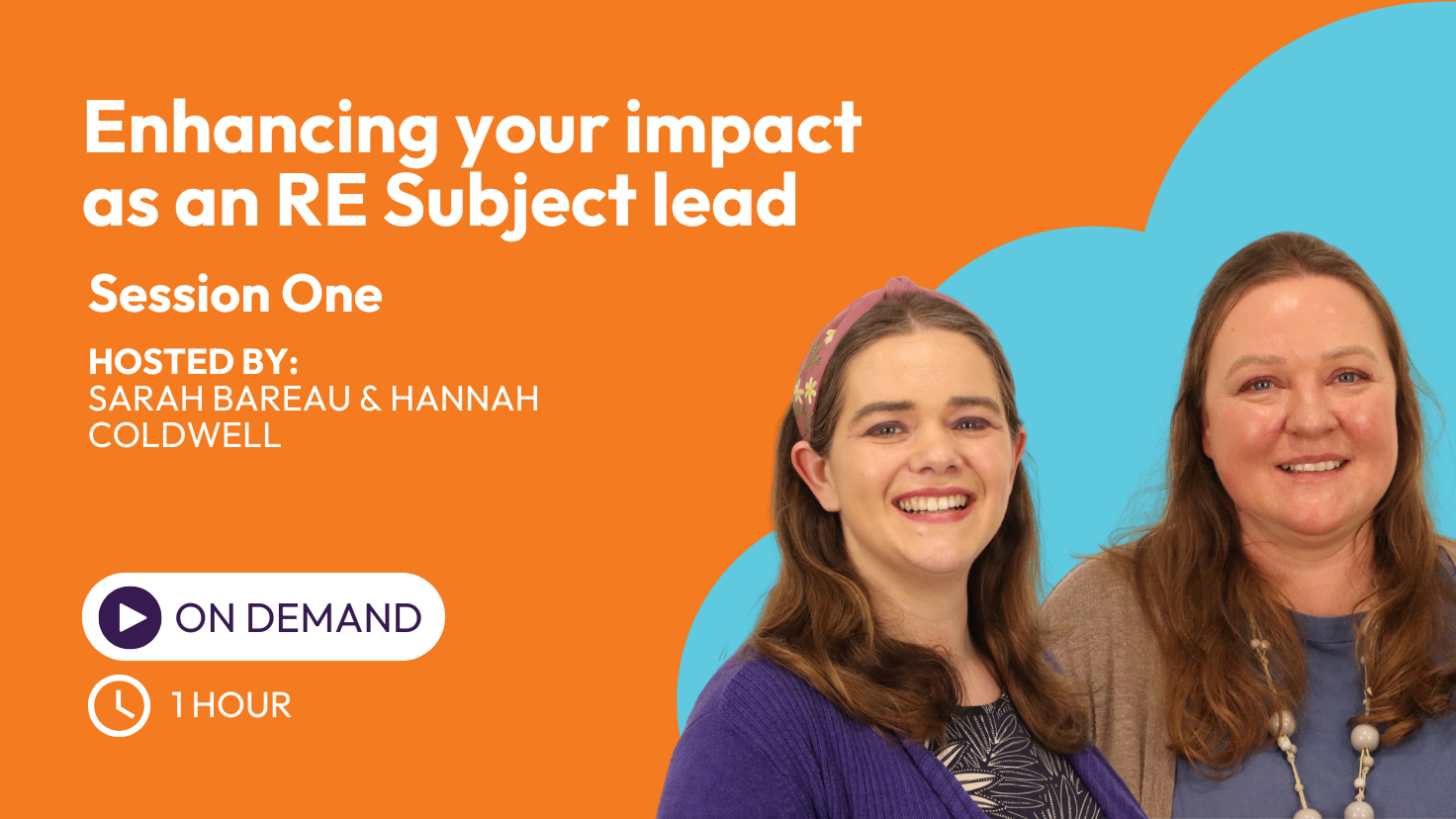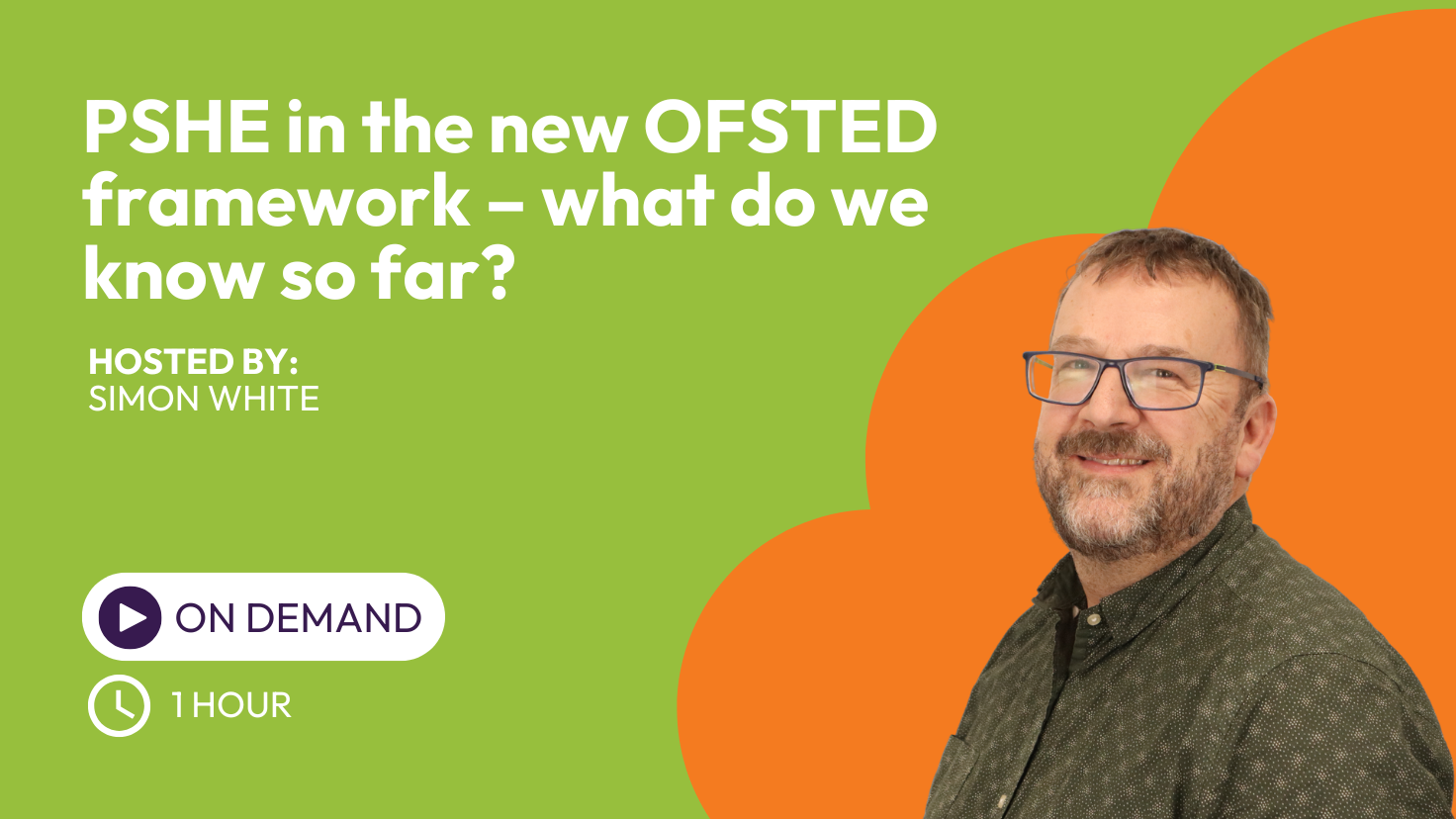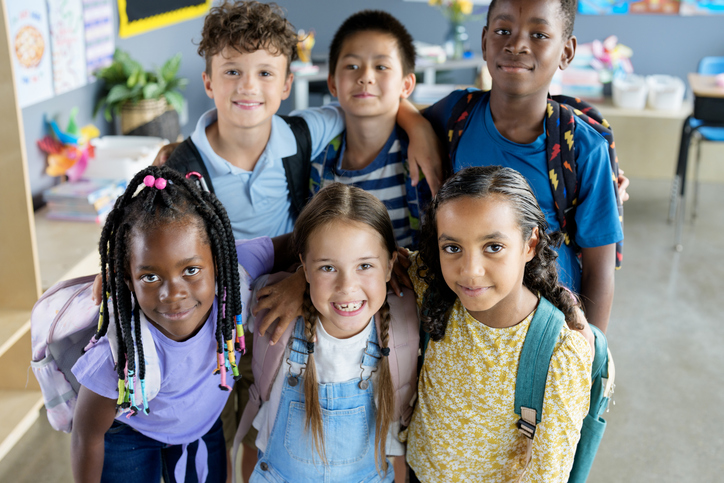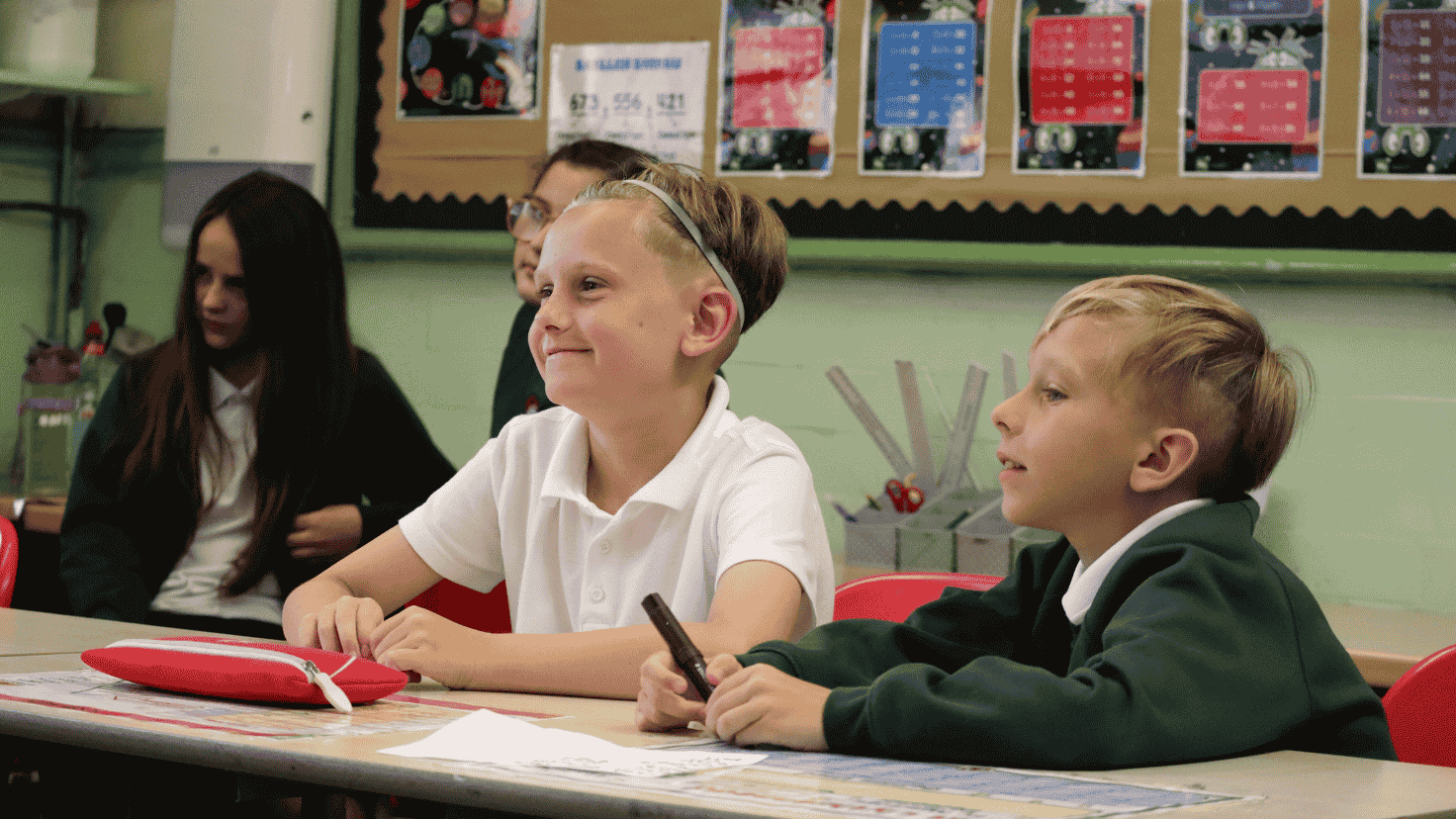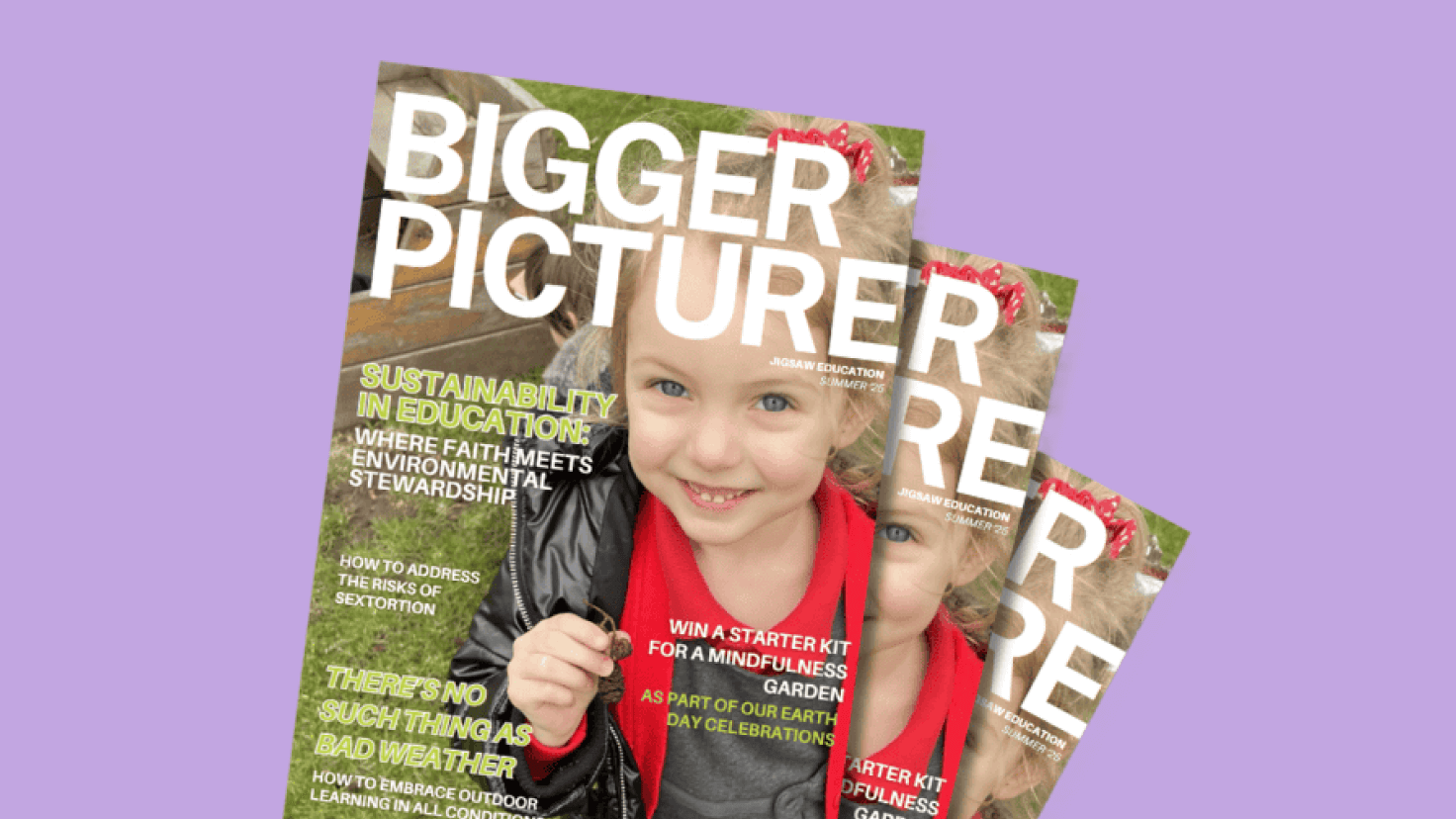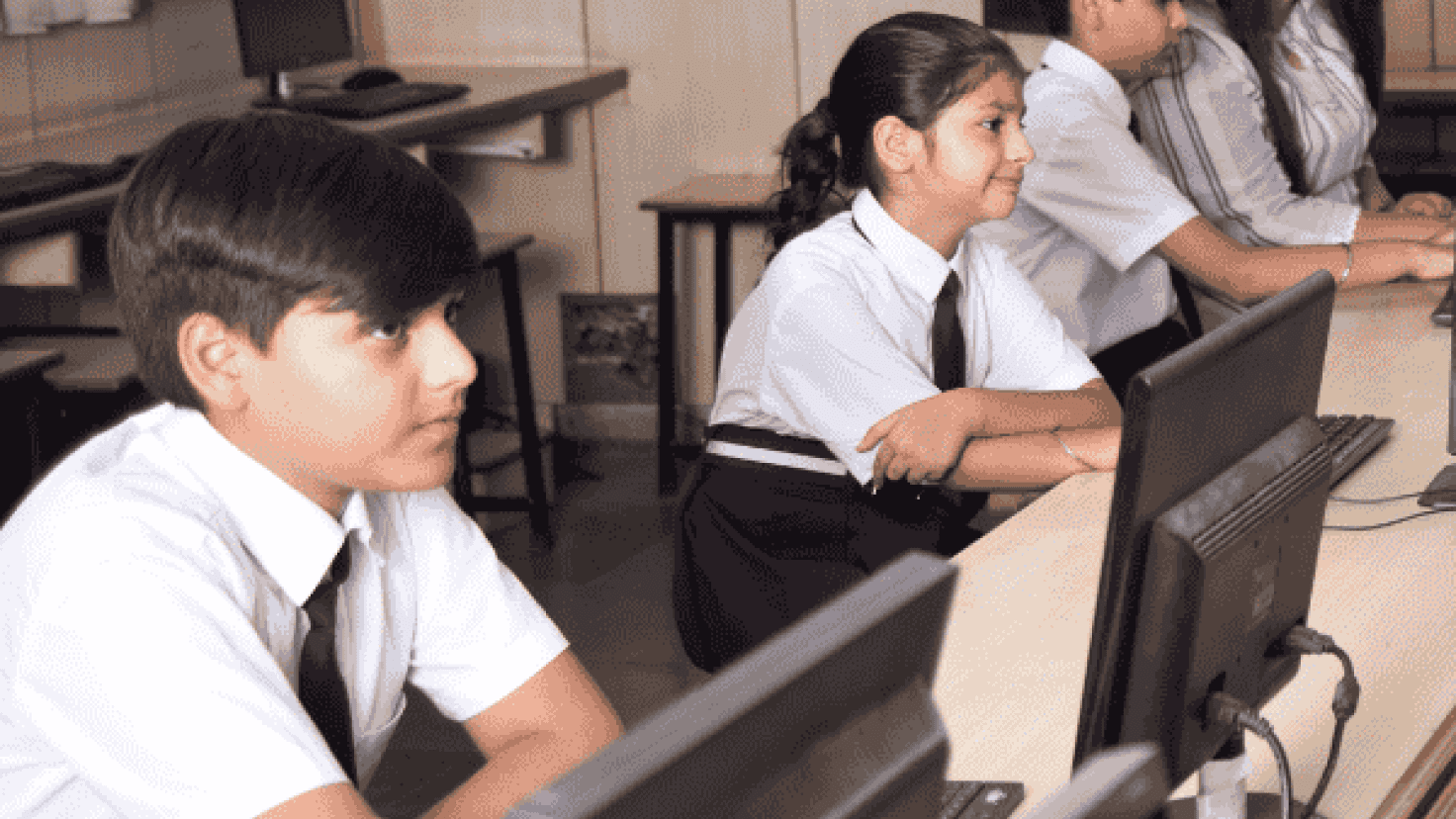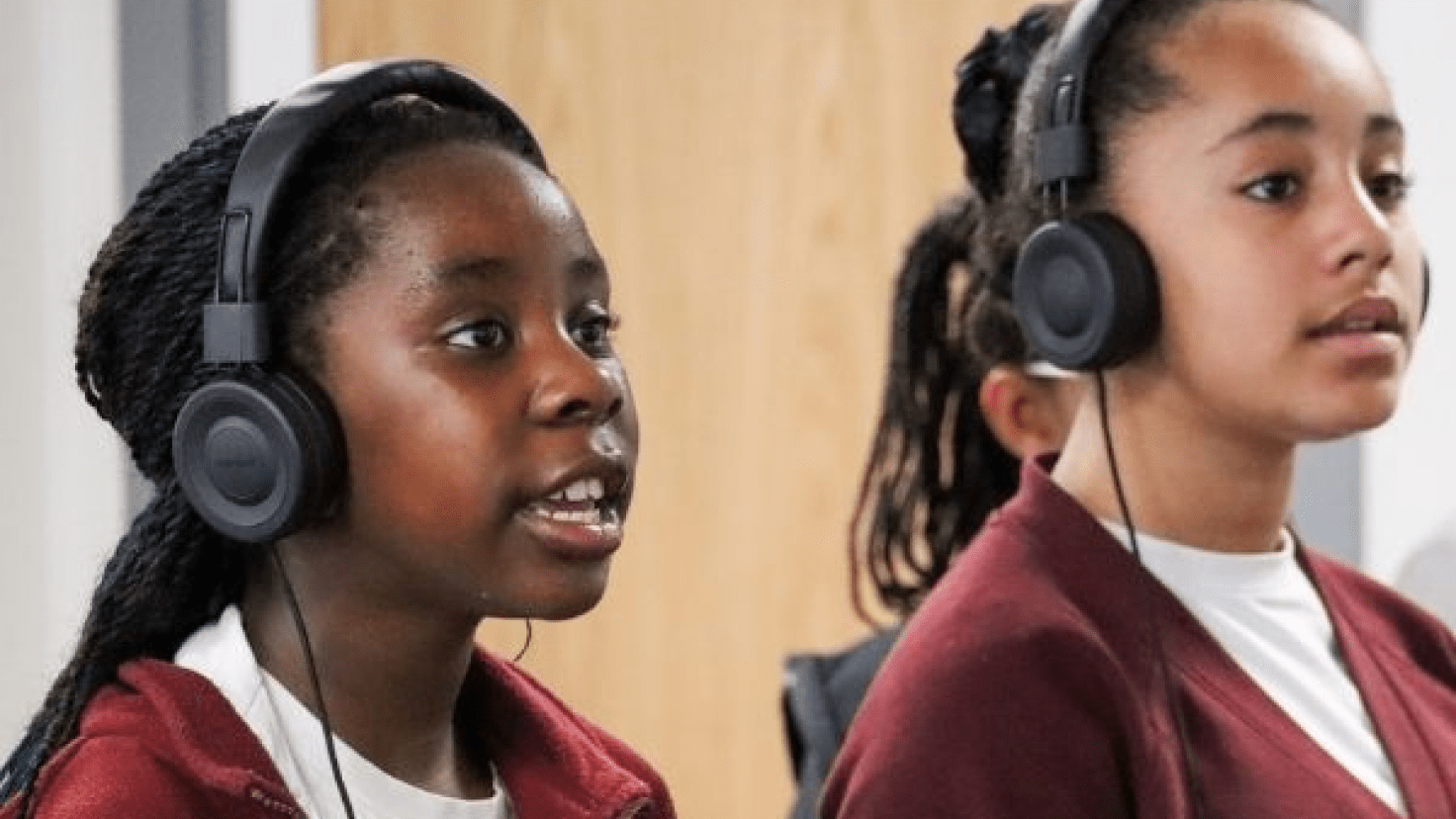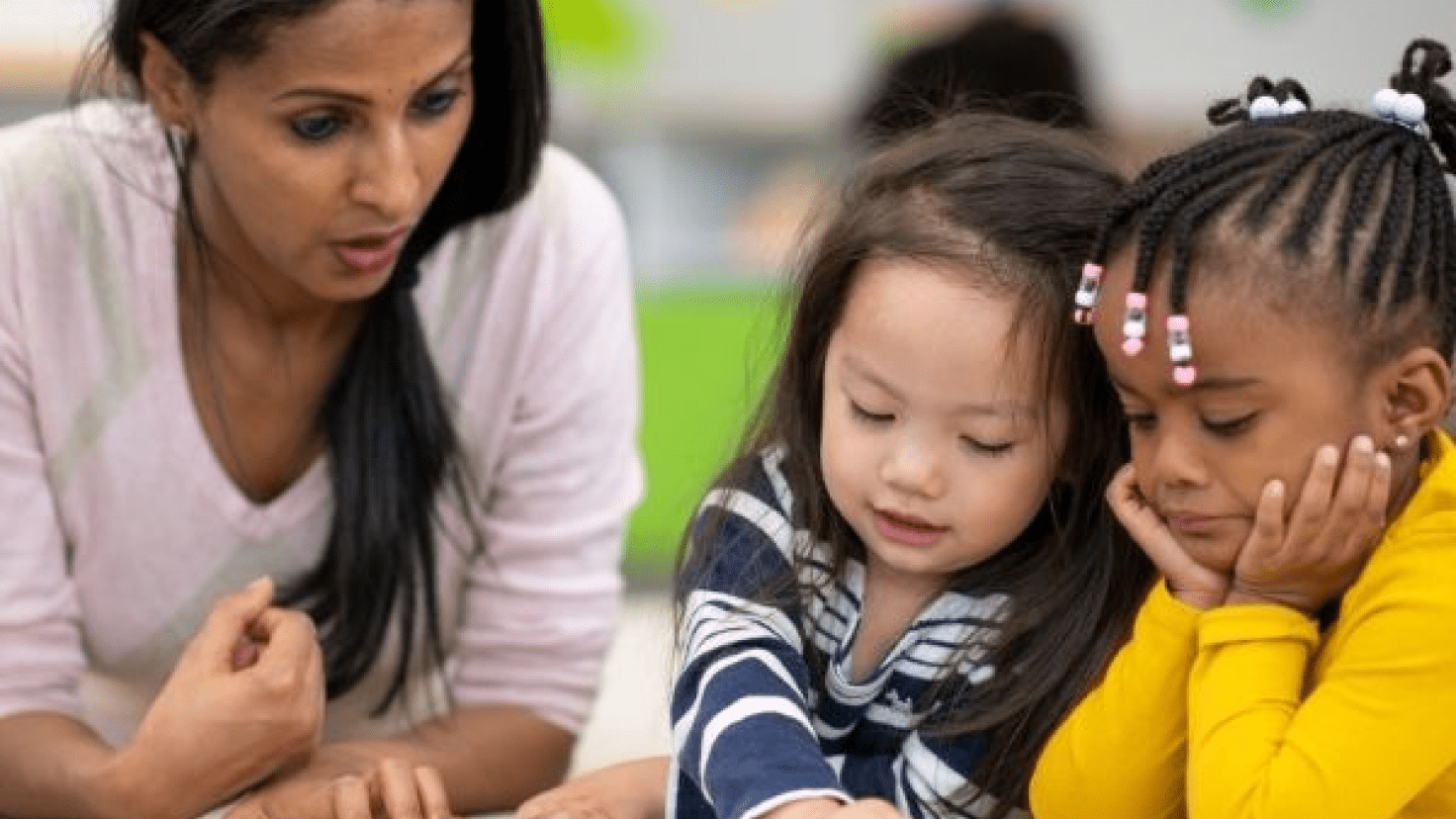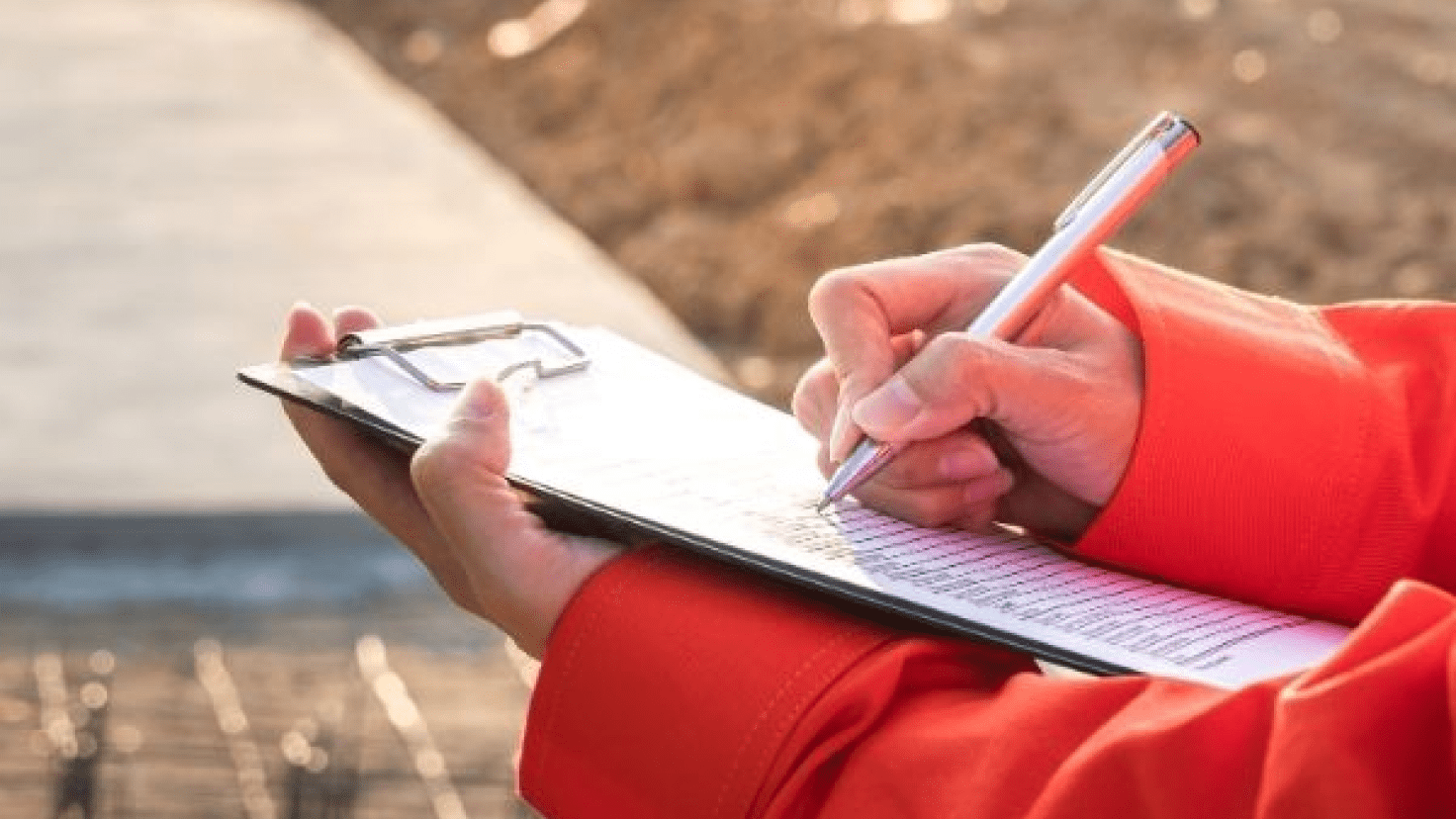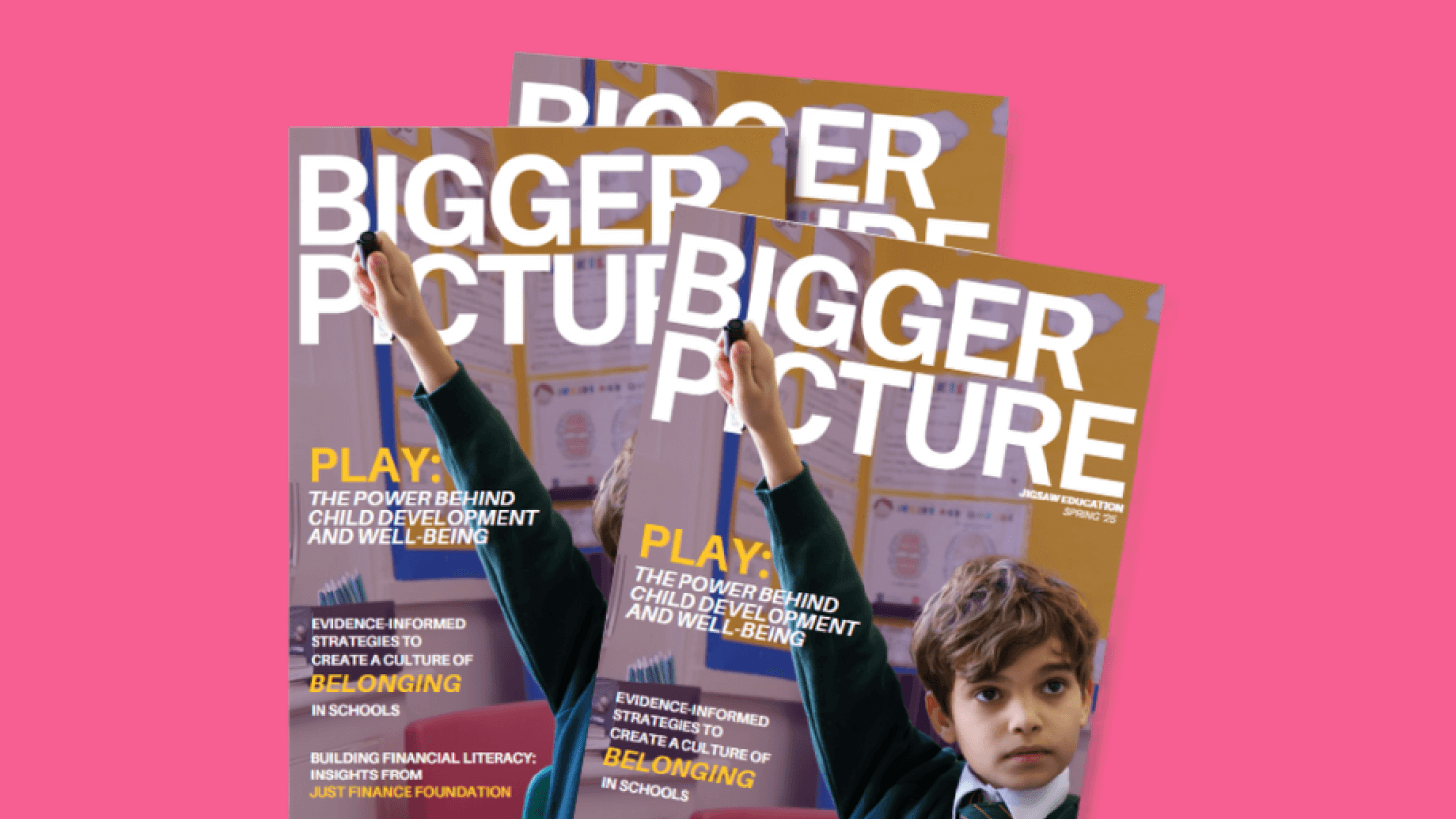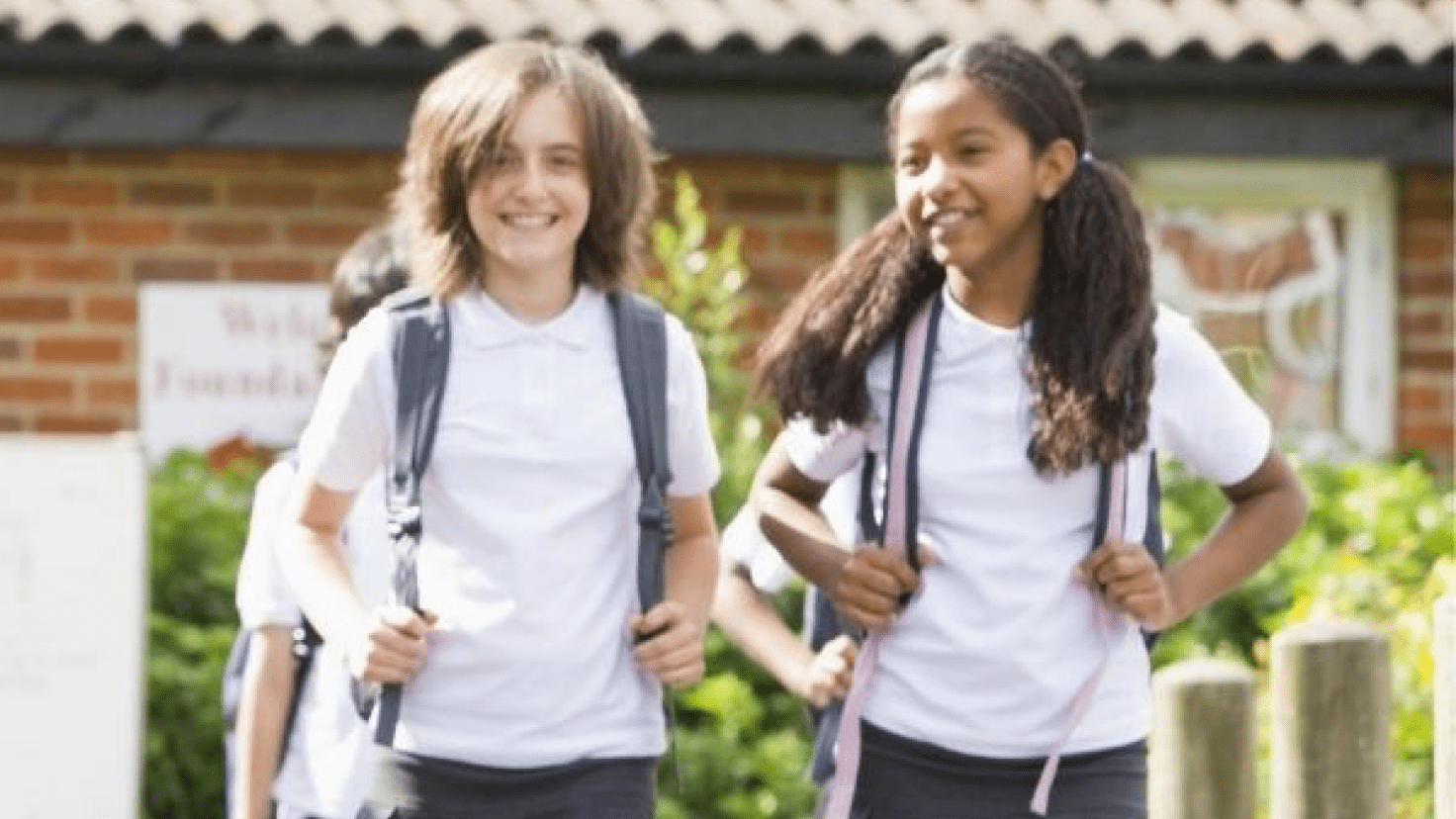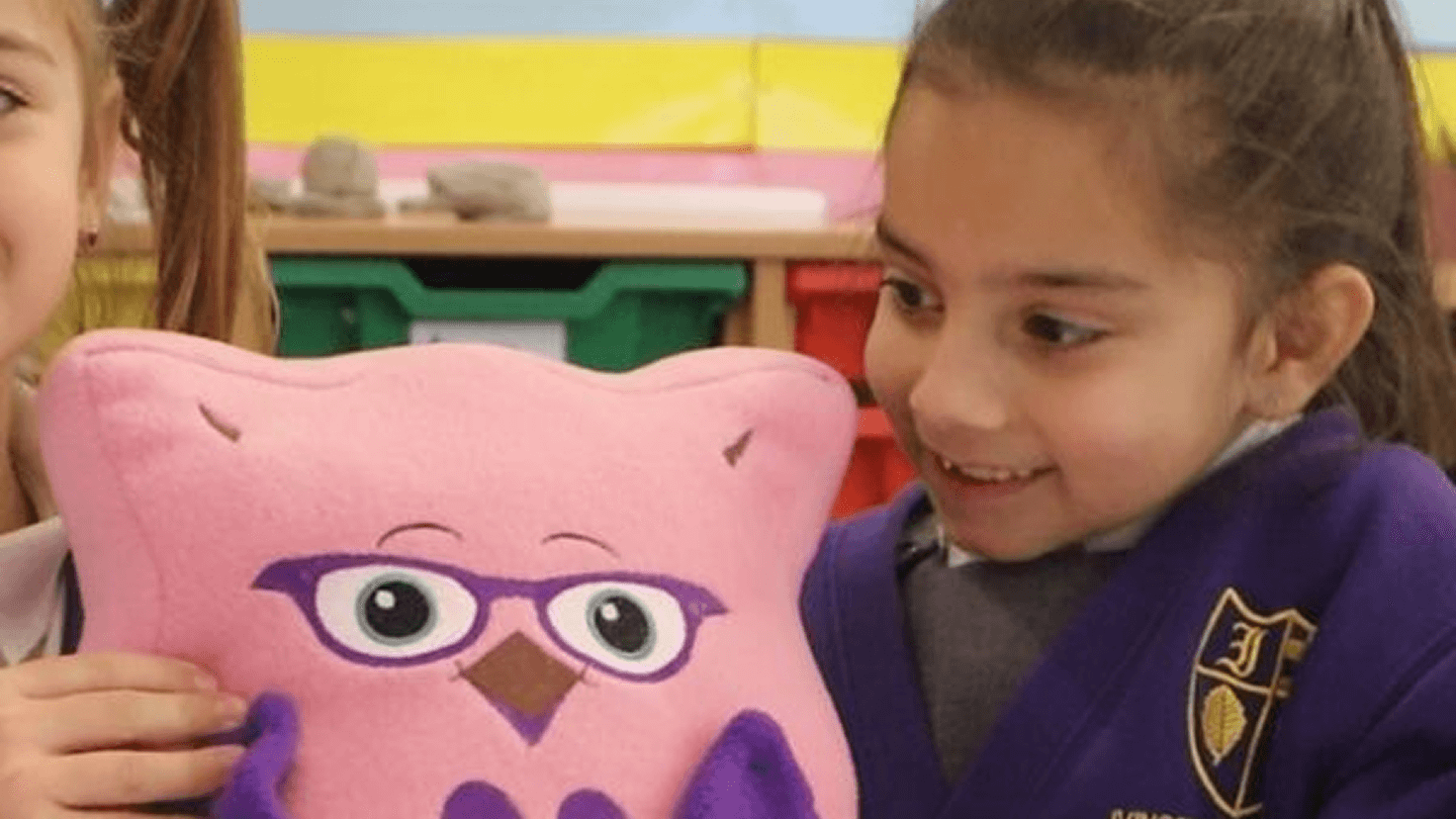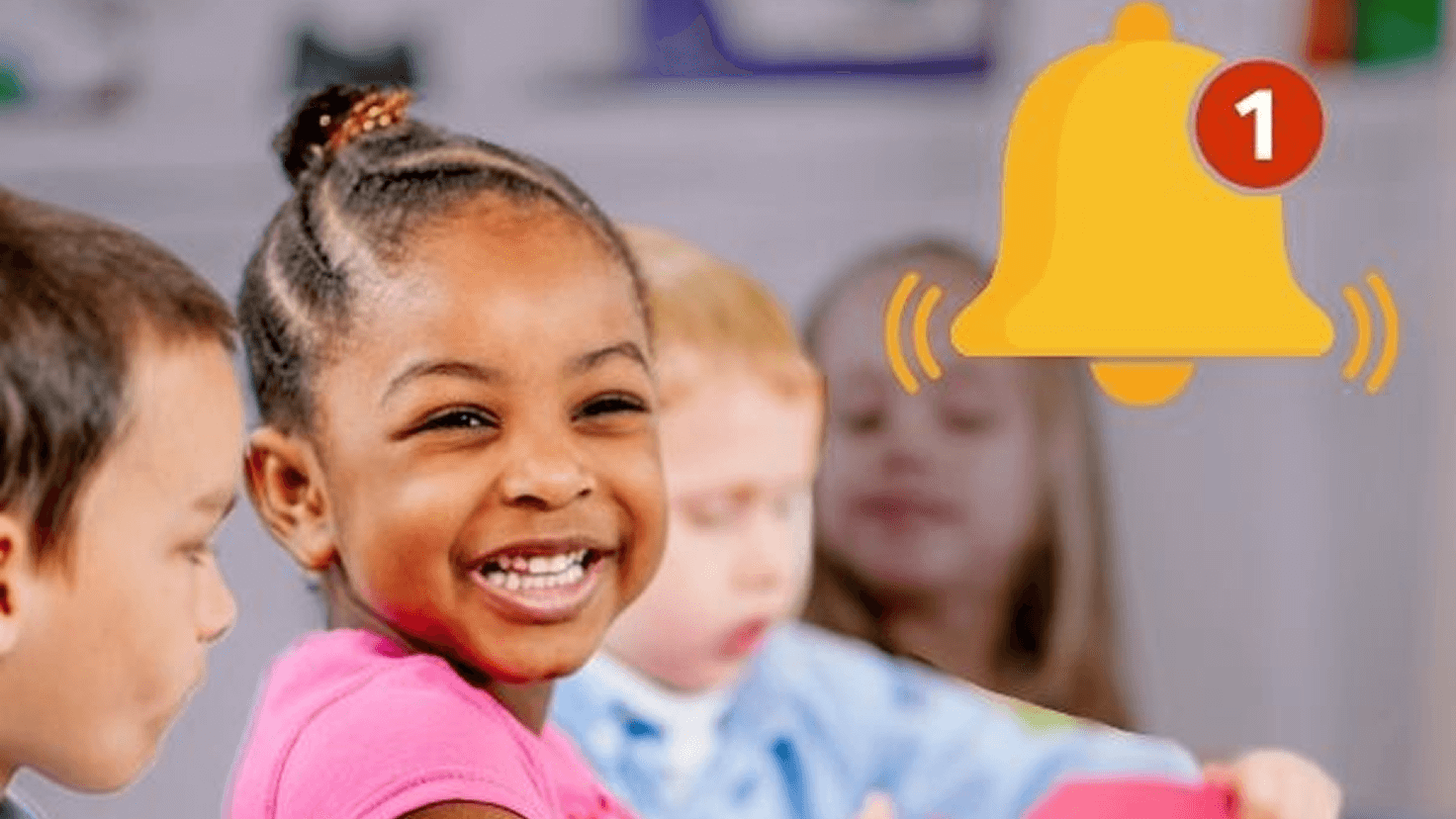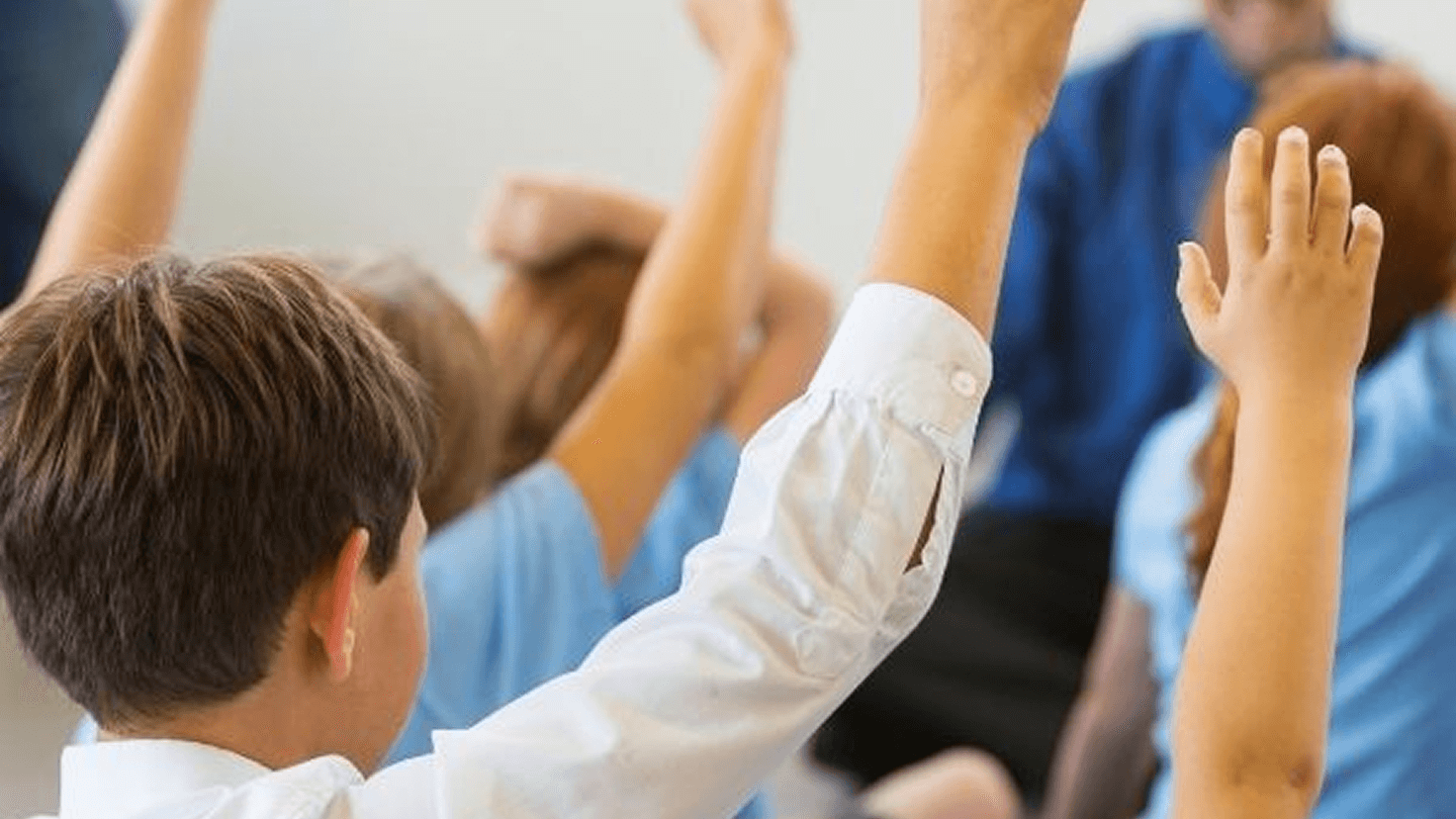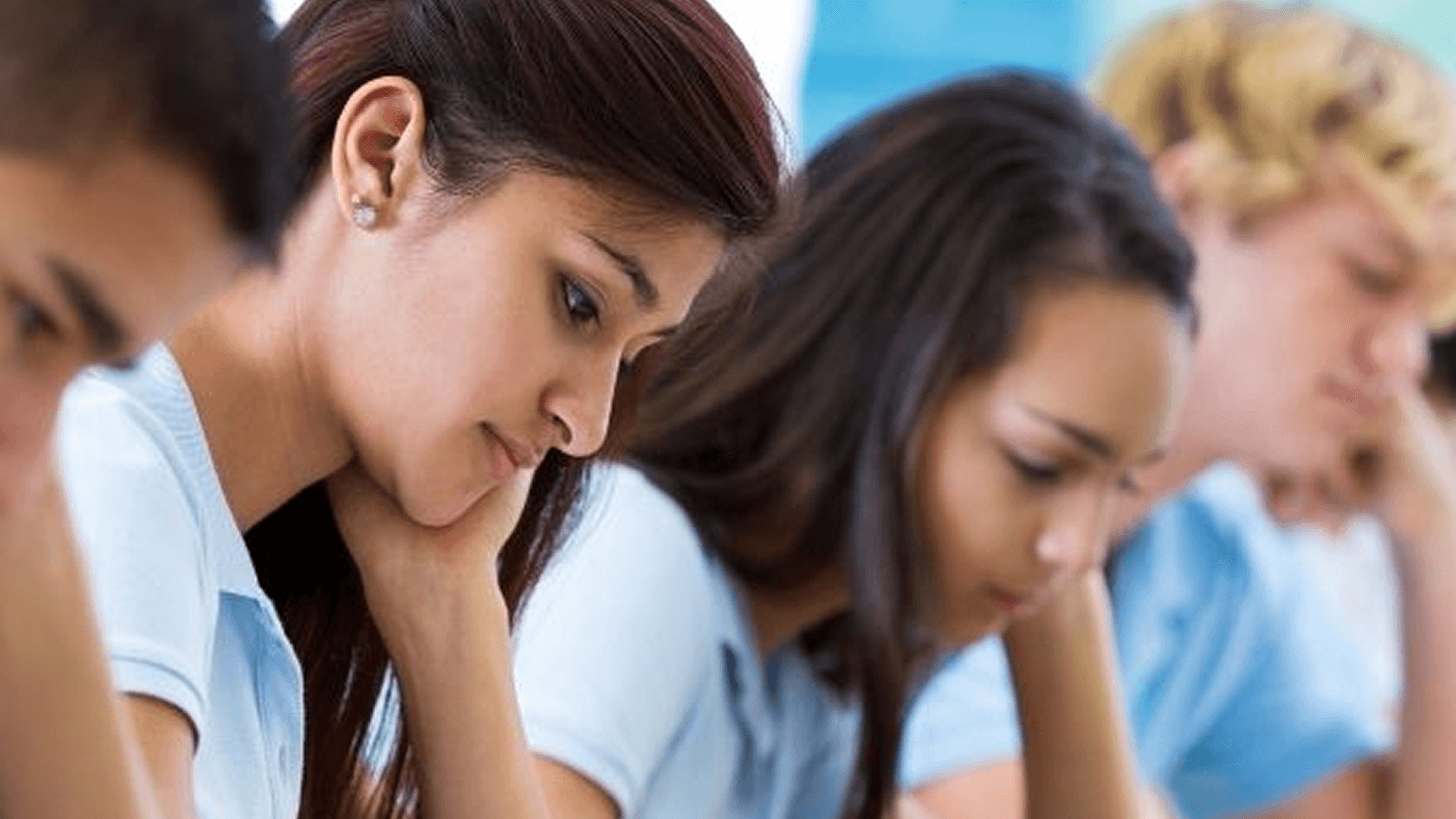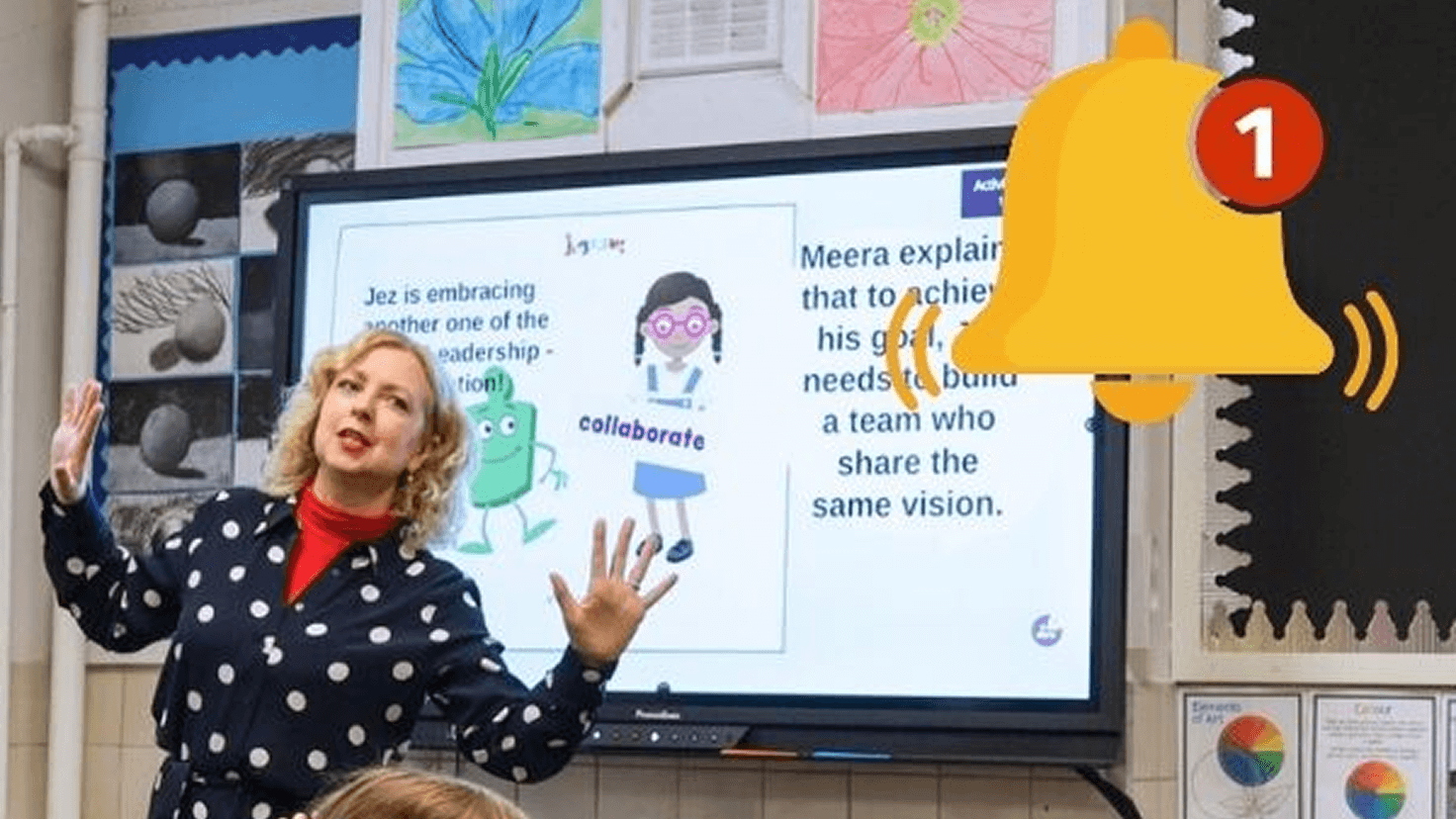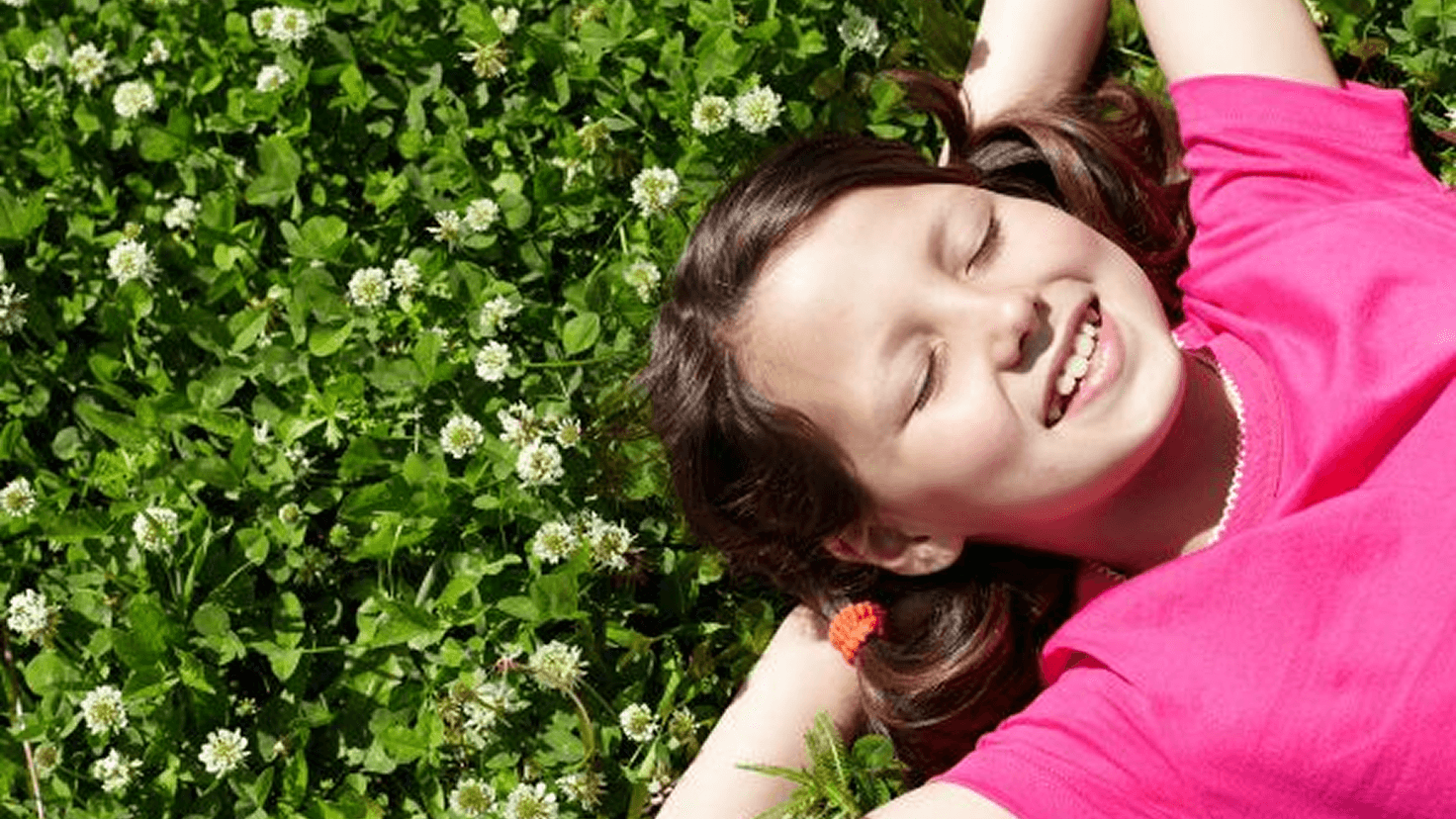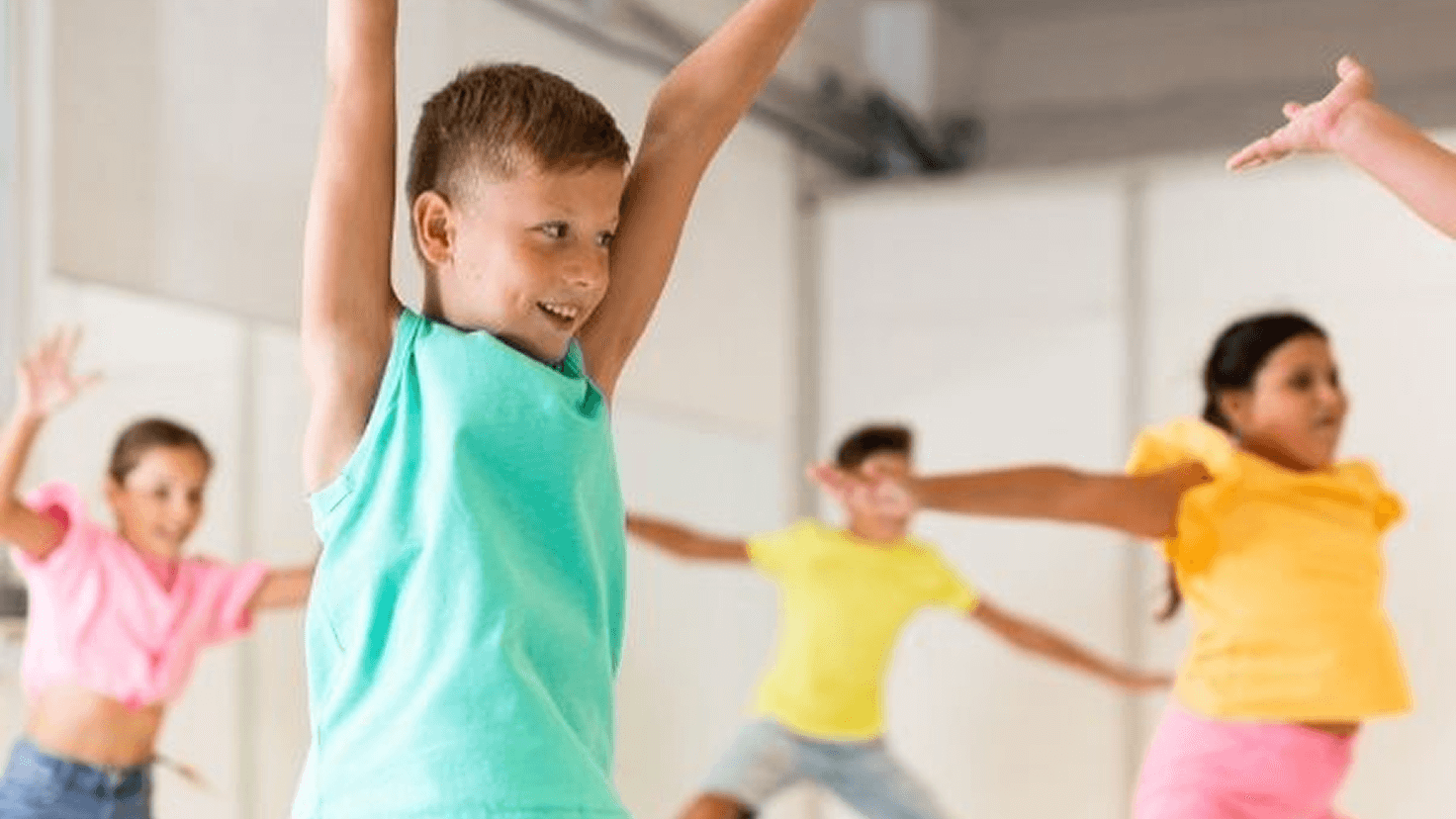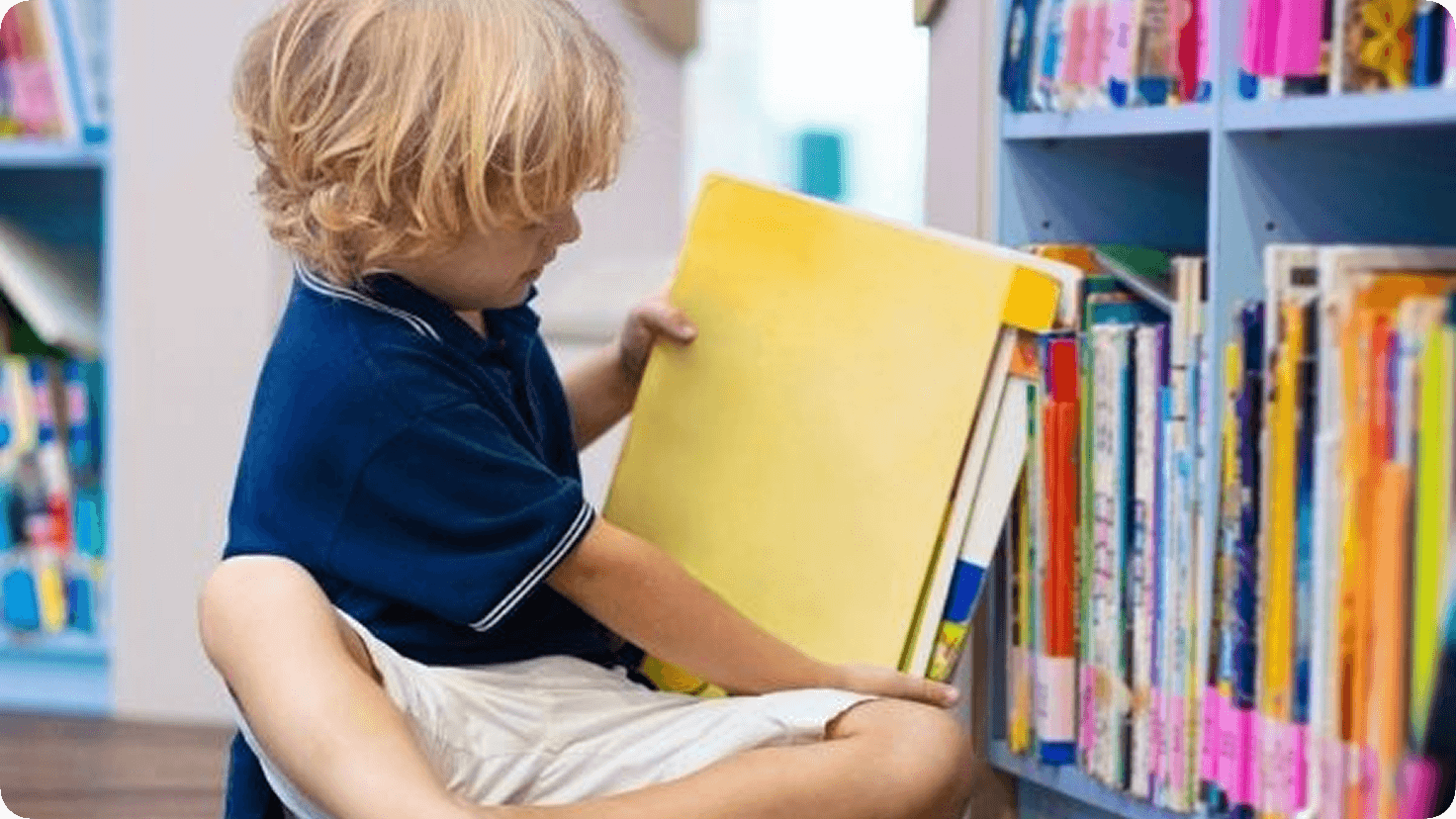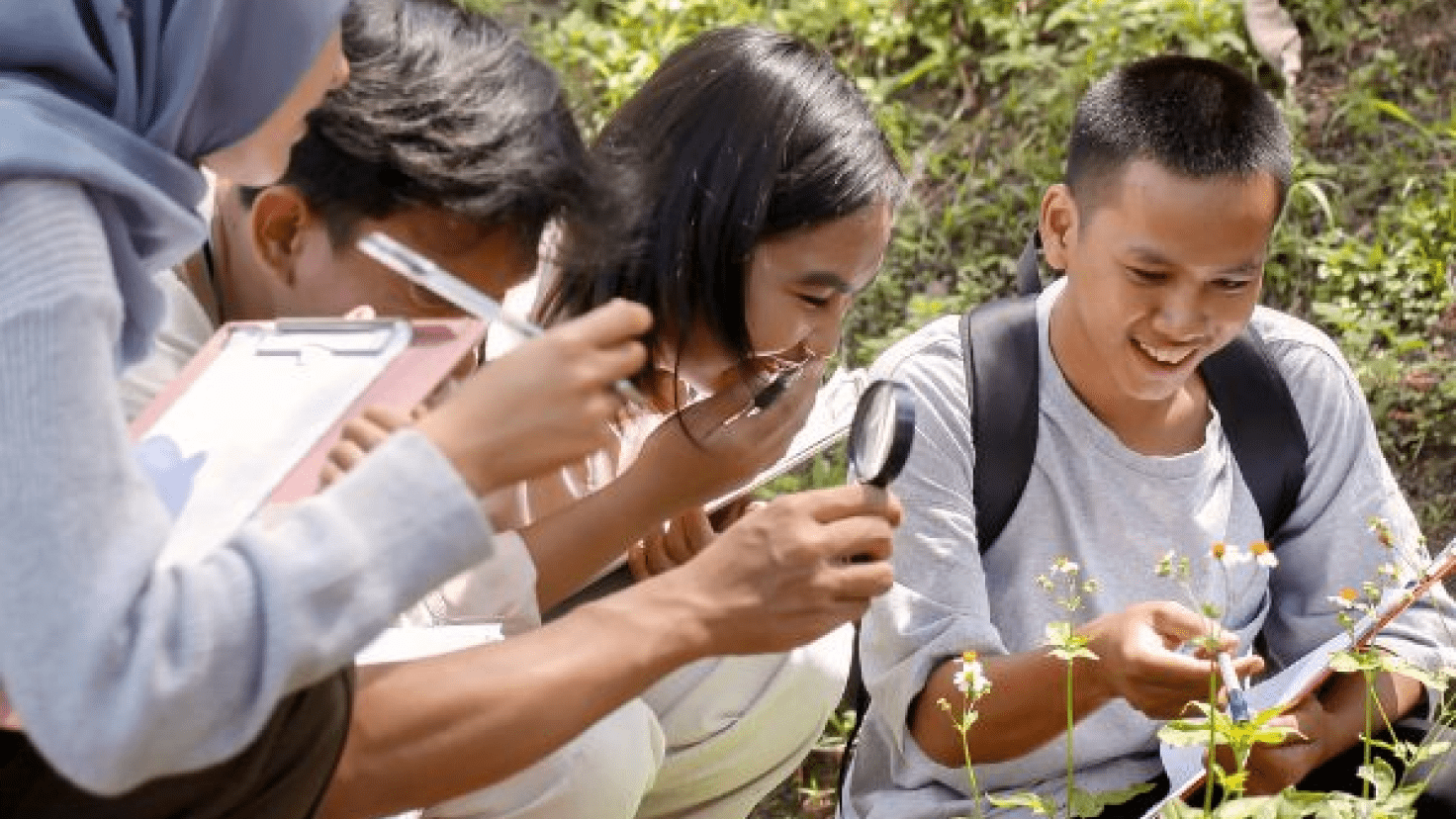Articles & Updates
05 April 2024
9 Insights to Navigate the Classroom Stress-Free

9 Insights to Navigate the Classroom Stress-Free
The world of education is a dynamic, challenging environment, where both teachers and students navigate daily pressures. From the rigors of lesson planning and grading to managing homework and exams, stress is a constant companion in the classroom. In light of these pressures, Stress Awareness Month offers a timely reminder of the importance of mental well-being, particularly for those immersed in educational settings.
Throughout the month, we explored nine essential points that provide practical tips to help manage stress for teachers and students alike. This article serves as a guide, drawing upon these insights to create a healthier, more balanced learning environment. Here, you’ll find strategies that address the unique stressors facing educators and learners, fostering a more mindful, less anxious approach to teaching and learning. By implementing these techniques, we can strive towards a future where classrooms are not just centres of knowledge, but sanctuaries of peace and balance, enhancing the educational journey for all involved.
Tip 1: Sleep Well
One critical factor in managing stress for students is ensuring adequate sleep. Teenagers need 8-10 hours of sleep per night, while children aged 6-12 require 9-12 hours. Prioritizing sleep is essential for maintaining balanced stress levels, and this can be aided by establishing healthy sleep habits. Limiting screen use at night and avoiding digital devices in the bedroom can create a more conducive sleep environment, ensuring students and teachers are well-rested and better equipped to handle the demands of school life. [1]
Tip 2: Get active
Physical activity plays a pivotal role in managing stress by triggering the release of feel-good hormones, which elevate mood and boost energy. For children and young people aged 5 to 18, engaging in activities like gymnastics, football, jumping, martial arts, and resistance exercises is crucial to developing movement skills, muscles, and bones. They should aim for at least 60 minutes of physical activity daily. The benefits extend beyond the physical, positively impacting mental health by boosting self-esteem and confidence, increasing motivation and focus, and reducing tension, anxiety, and mental fatigue. Adults should strive for at least 150 minutes of moderate-intensity or 75 minutes of vigorous-intensity activity weekly, spread evenly over 4 to 5 days, or daily. Moderate activities include dancing, hiking, and cycling, while vigorous activities encompass running, swimming, and sports. [2]
Tip 3: Talk it out
For teachers, managing stress can be aided by talking through challenges with a trusted friend or engaging in talk therapy with a licensed therapist. It’s important to discuss both the positives and negatives, as putting feelings into words can reduce the amygdala’s response to upsetting experiences. For pupils, providing a safe space for them to talk and feel heard is crucial. Listening becomes a powerful tool in your arsenal, particularly when some children feel more comfortable sharing their problems while engaged in an activity. Additionally, younger children might struggle to articulate their feelings or comprehend concepts such as stress and anxiety, making it essential to approach conversations with sensitivity. [3]
Tip 4: Make time for fun and quiet
For teachers, managing stress requires deliberate self-care. Schedule “me-time” into your week, allowing this time to take priority and fitting other activities around it. Engage in a hobby for a purposeful break that reduces stress and makes downtime productive. Set clear boundaries with others, reinforcing this time’s importance, and consider inviting them to join.
For children, a consistent routine is essential, showing the value of fun and quiet activities for well-being. Offer a variety of activities to suit different preferences, allowing some children to move between activities while others can focus on one. Model and role-play self-care to teach its importance, normalizing this behaviour by example. [4]
Tip 5: Get outside
Spending time outside brings significant mental and physical benefits, reducing feelings of stress. Research highlights the “restorative” properties of nature, helping us gain perspective beyond the classroom. Immersing in a natural setting for 20 to 30 minutes is associated with a significant drop in cortisol levels. Outdoor activities like growing food or flowers, exercising, watching wildlife, or visiting parks can aid relaxation. Geocaching offers an adventurous way to explore. For children, outdoor play fosters a holistic approach to education. The WHO recommends at least three hours of physical or outdoor play for children under five, shifting to one hour daily for ages five to seventeen. Activities like gardening or creating bird feeders offer purposeful, cross-curricular learning experiences. Any outdoor space, regardless of size or appearance, provides an open-ended, engaging environment for children and young people to develop and thrive. [5]
Tip 6: Write about it!
Writing offers valuable benefits for both teachers and students, aiding in stress reduction and fostering well-being. For teachers, expressive writing, including journaling, helps alleviate stress, anxiety, and depression, enhancing well-being and emotional regulation. It also improves memory recall, diminishes intrusive thoughts, and enhances problem-solving skills and creative thinking.
For students, journaling boosts positive emotions, optimism, and satisfaction, especially when noting up to five things they’re grateful for over two weeks. Writing about personal values (self-affirmation) helps students explore their core identities, revealing what matters to them. Humour appreciation mitigates stress and depressive symptoms. Additionally, poetry and visual arts support emotional intelligence, increasing self-awareness and emotional recognition. Songwriting, part of music therapy, provides problem-focused coping strategies, aiding students in managing challenges effectively. [6]
Tip 7: Learn mindfulness
Mindfulness is a valuable tool for dealing with issues more productively. This awareness can also help us notice early signs of stress or anxiety and manage them better. Mindfulness can also be incorporated into daily life by noticing everyday sensations such as the feel of the air while walking or the taste of food. Making this a regular practice, like during a morning commute or lunchtime walk, reinforces this habit. Trying something new, such as sitting in a different seat or using a new greeting, can also refresh our perspective. For students, a 5-week mindfulness training program showed that teens who learned mindfulness experienced significantly less mental distress than those who did not. Teaching breathing exercises, such as the “Take 5,” can be a practical classroom exercise, encouraging students to trace around their hand, breathing in as they trace up each finger and out as they trace down. Self-reflection at the end of the day can also help, with questions like “What was good about today? What didn’t go well? What made you smile?” This aids in enjoying the positives, releasing disappointment, and anticipating a fresh start. Mindful colouring can also help students focus on colour choices and staying within the lines, fostering present-moment awareness by focusing on movements, sensations, and emotions. [7]
Tip 8: Be a problem-solver!
A little stress can be beneficial, helping us get things done and focus on tasks that require our attention. Breaking down large tasks into smaller, manageable chunks can make them less daunting, and recognizing progress upon completion can alleviate stress further. Planning ahead for stressful days or events, including creating to-do lists, planning journeys, and listing essentials, can also ease stress. For children, “good stress” arises from challenges they feel they can handle, especially with support. Adults should offer encouragement rather than direction, promoting collaborative problem-solving and self-regulation. Monitoring and guiding can aid this process, while making suggestions and asking open-ended questions can foster independent thinking and problem-solving skills in children. [8]
Tip 9: Connect with other people
Good relationships are essential for mental well-being, fostering a sense of belonging, self-worth, and mutual support. Taking time each day to be with family, such as arranging a fixed time to eat dinner together, can strengthen bonds. Arrange outings with friends you haven’t seen in a while, and consider turning off the TV to talk or play a game with children, friends, or family. Volunteering at a local school, hospital, or community group can also build connections. The Jigsaw Connects program helps educators and pupils get to know one another and form friendships across schools, supporting social and emotional development and buffering against negative life events.
Encouraging children to share with others can also foster connections. They can look for peers with similar hobbies, bringing a new game, song, or video to share at break time. Getting involved in clubs, volunteering, or changing their daily routine by walking a different way home can also broaden their social network.
Navigating the stresses of educational environments requires proactive measures to foster well-being for both teachers and students. From prioritizing sleep, exercise, and time outdoors to cultivating mindfulness and embracing healthy relationships, numerous strategies can alleviate stress and promote balanced lives. Teachers can manage stress through activities like journaling, self-care, and supportive conversations, while children benefit from consistent routines, variety in activities, and positive affirmations.
Collaborative problem-solving, self-reflection, and creative outlets, such as writing, poetry, and arts, can help manage daily pressures, fostering healthier learning environments. Good relationships further contribute to mental well-being, offering emotional support, belonging, and self-worth. By integrating these insights, classrooms can become havens of balanced learning, nurturing both academic and personal growth. Let’s aim to create spaces where teachers and students thrive, embodying holistic education that supports well-being at every level.
[1] Great Ormond Street Hospital, 2023; SleepFoundation.org, 2023
[2] NHS, 2024
[3] U.C.L.A; New York Times, Rise and Shine Children’s National; VeryWellFamily
[4] NHS, 2022; National Institute of Mental Health, 2024
[5] mind.org.uk, 2021; stress.org, 2020; Harvard Health, 2019; cpduk.co.uk, 2023
[6] The University of Liverpool, Action for Children
[7] ACAMH – The Association for Child and Adolescent Mental Health; NHS;
[8] : Mind, 2022; Nesta, 2017
[9] NHS, 2022; (Borner KB, Gayes LA, Hall JA. Friendship during childhood and cultural variations. In: International Encyclopedia of the Social & Behavioral Sciences. Elsevier. 2015:442-447. doi:10.1016/b978-0-08-097086-8.23184-x); Childline, 2024


